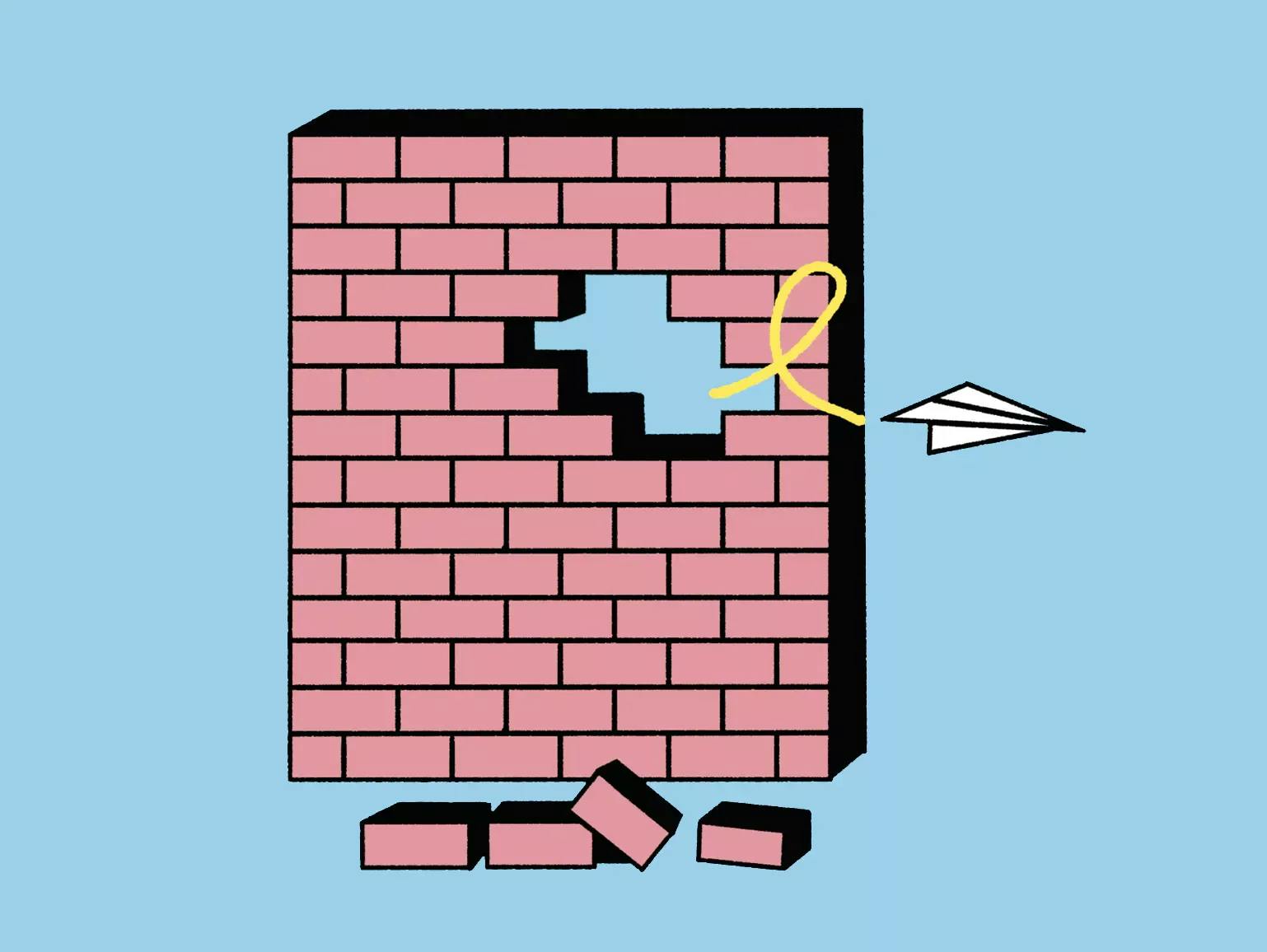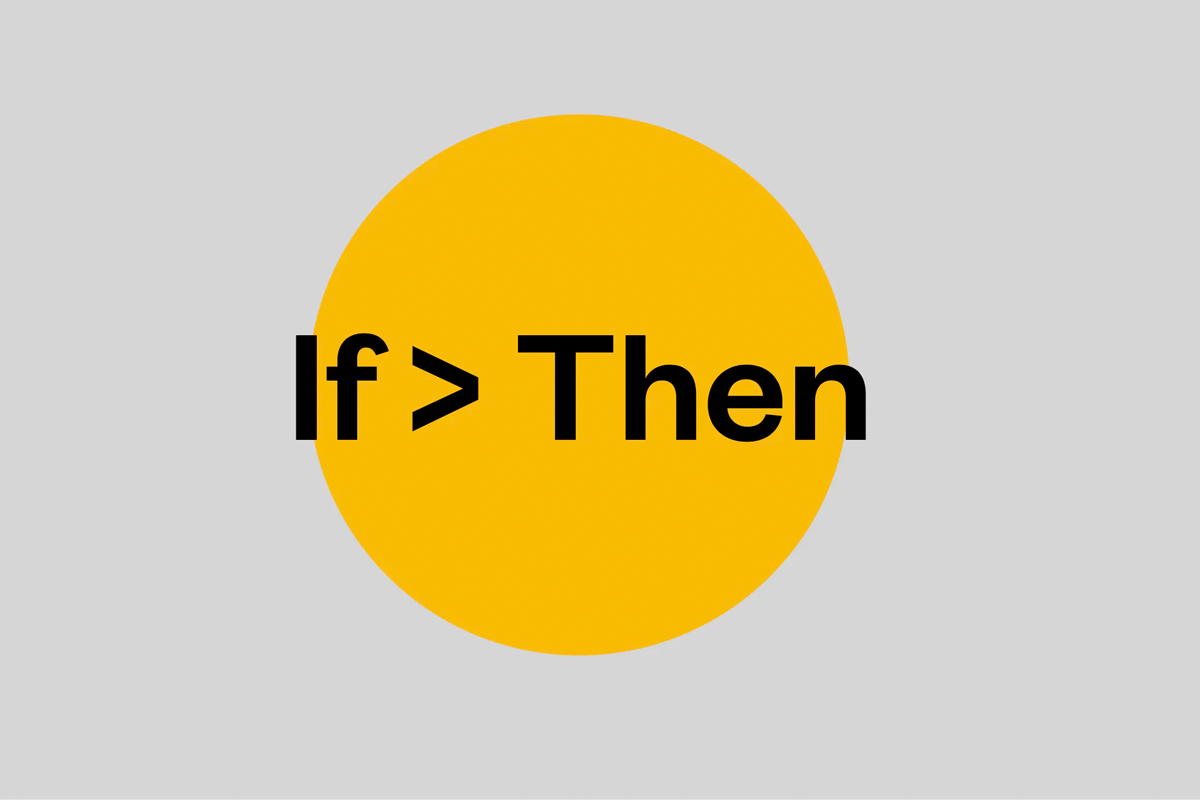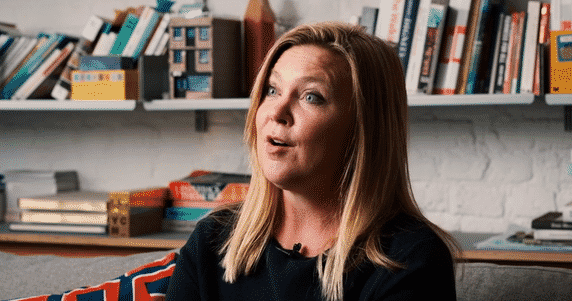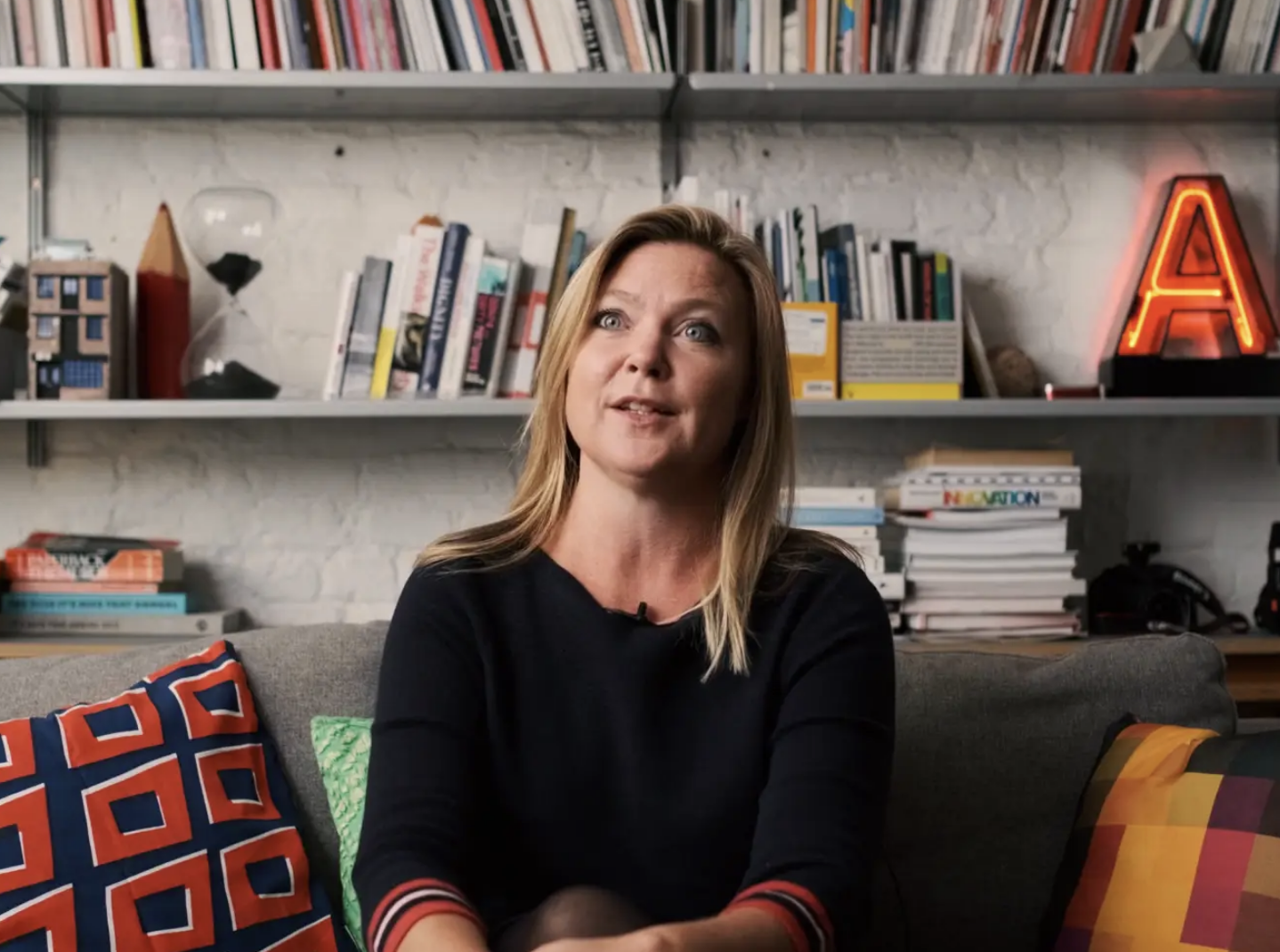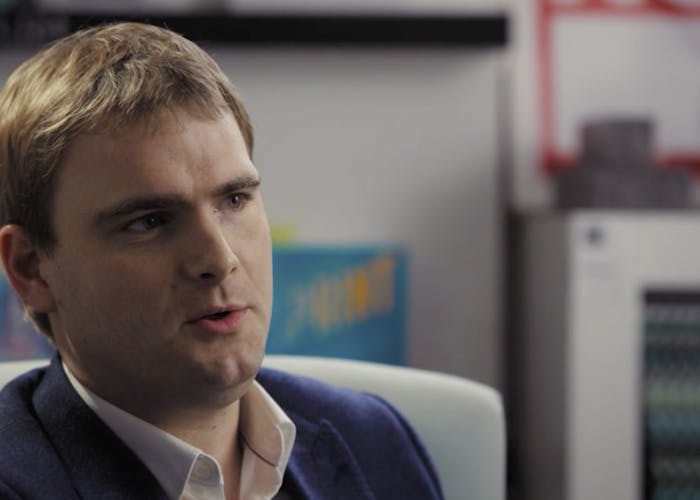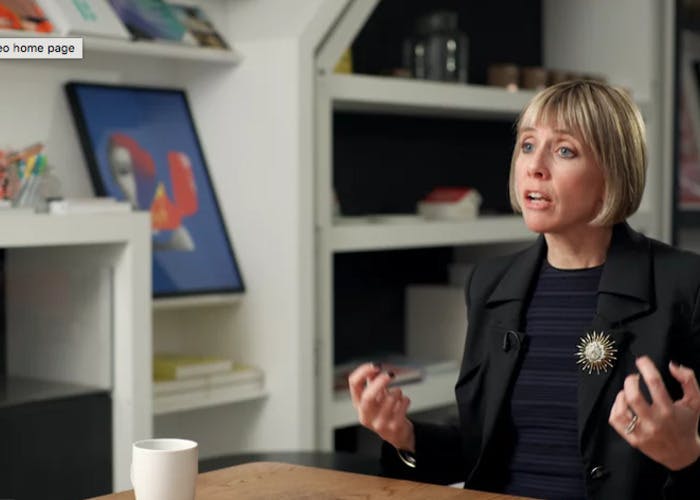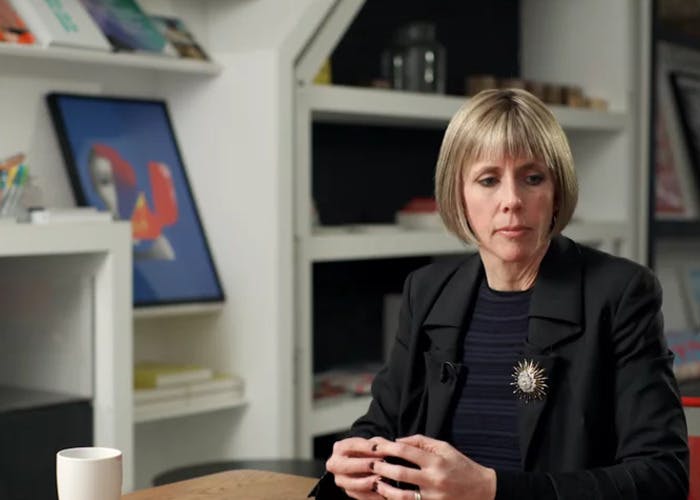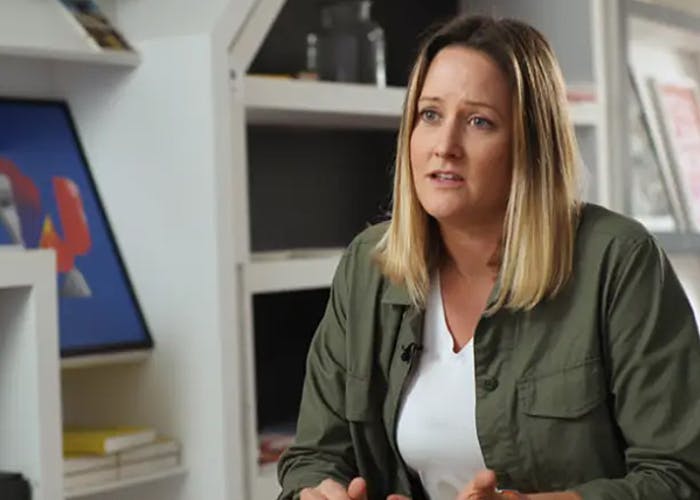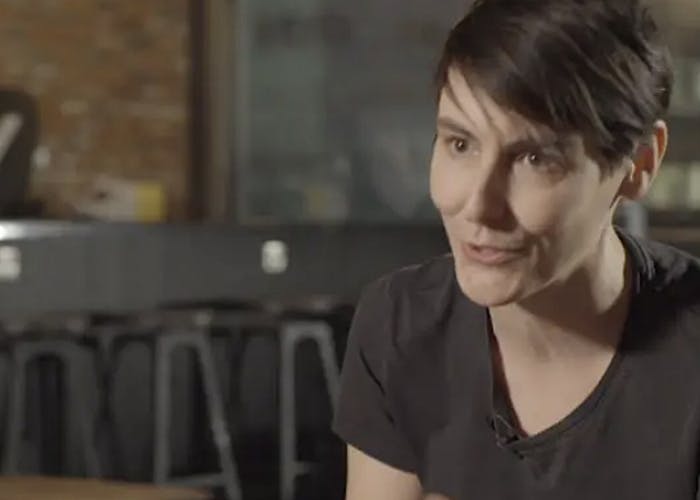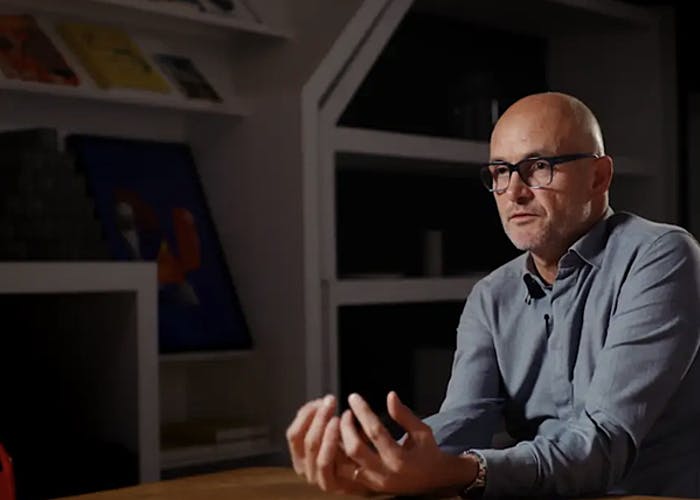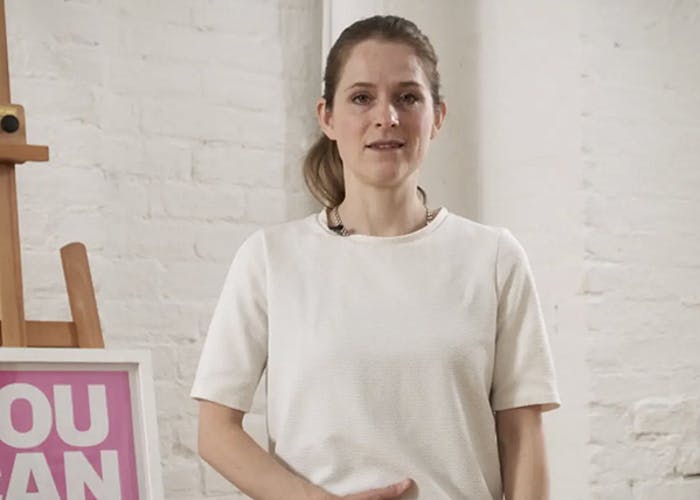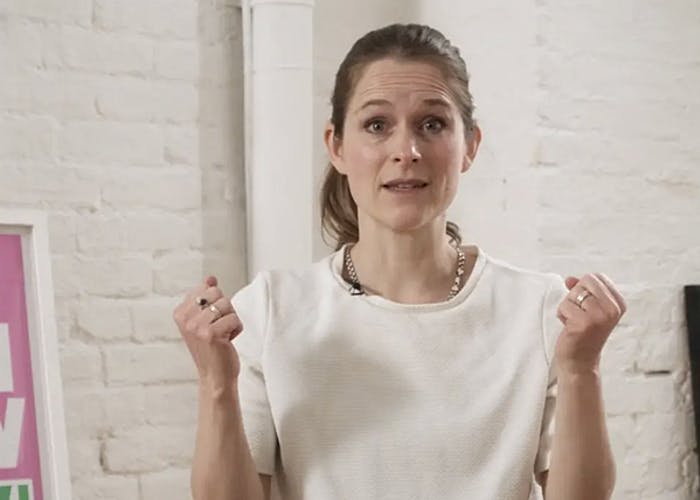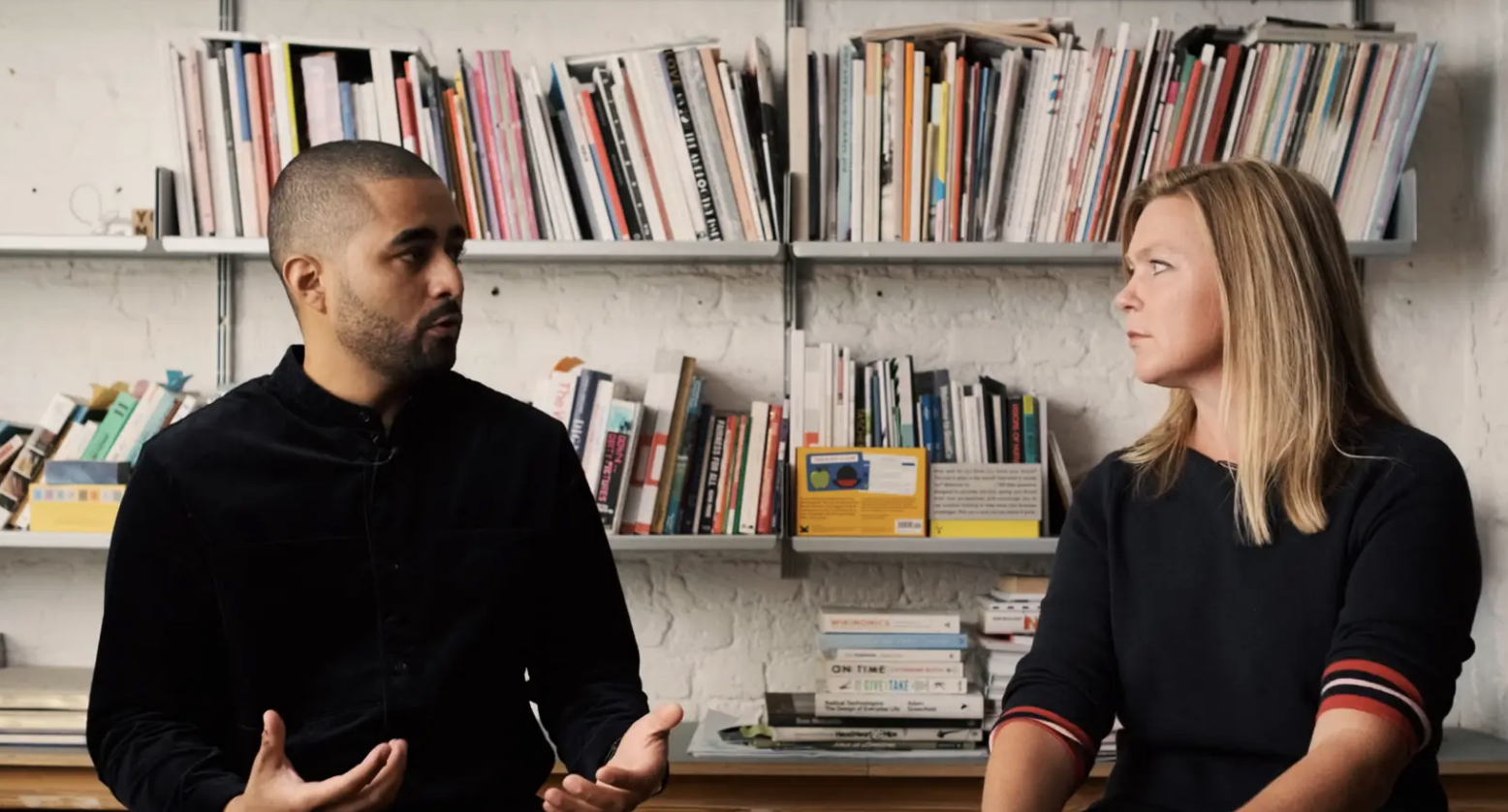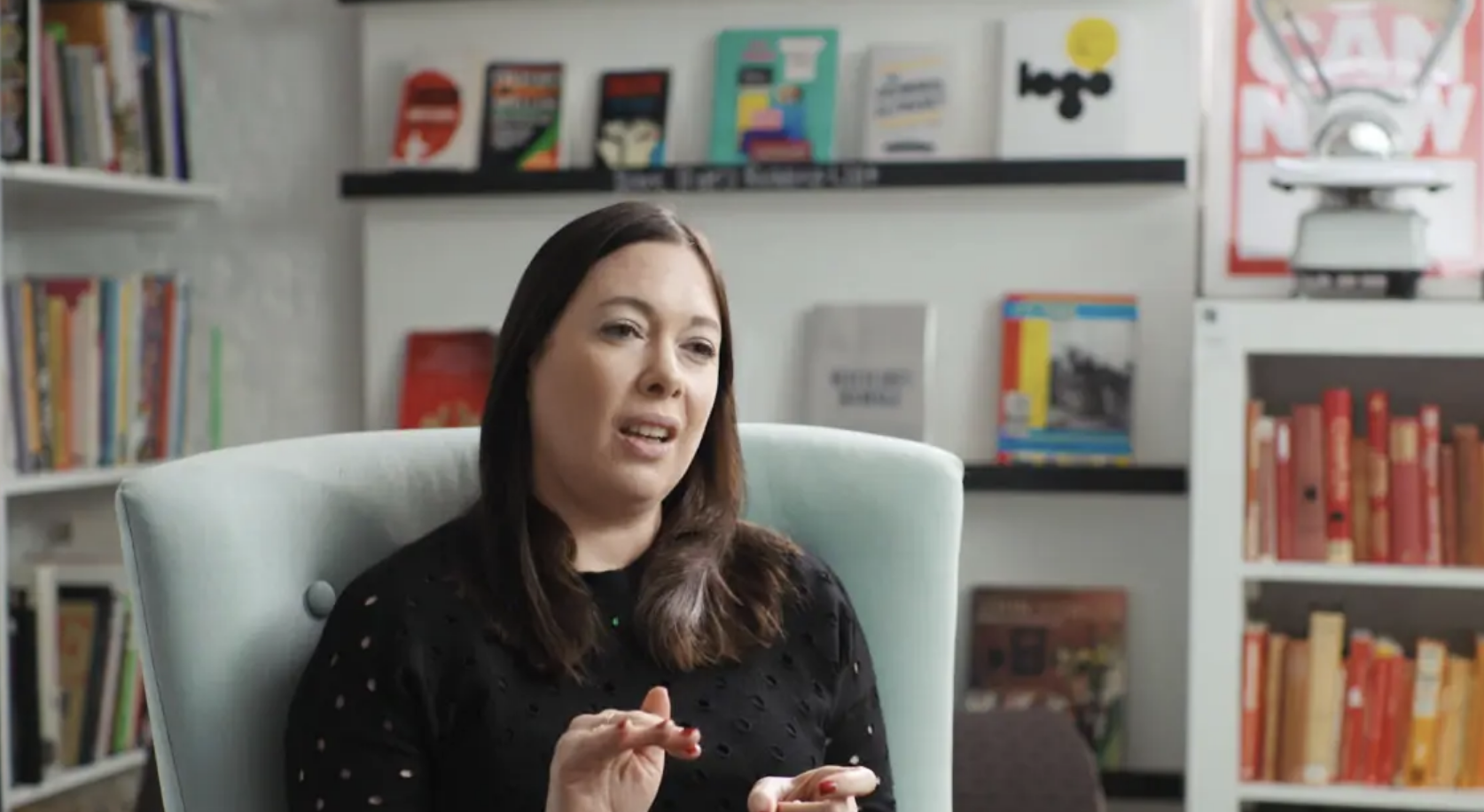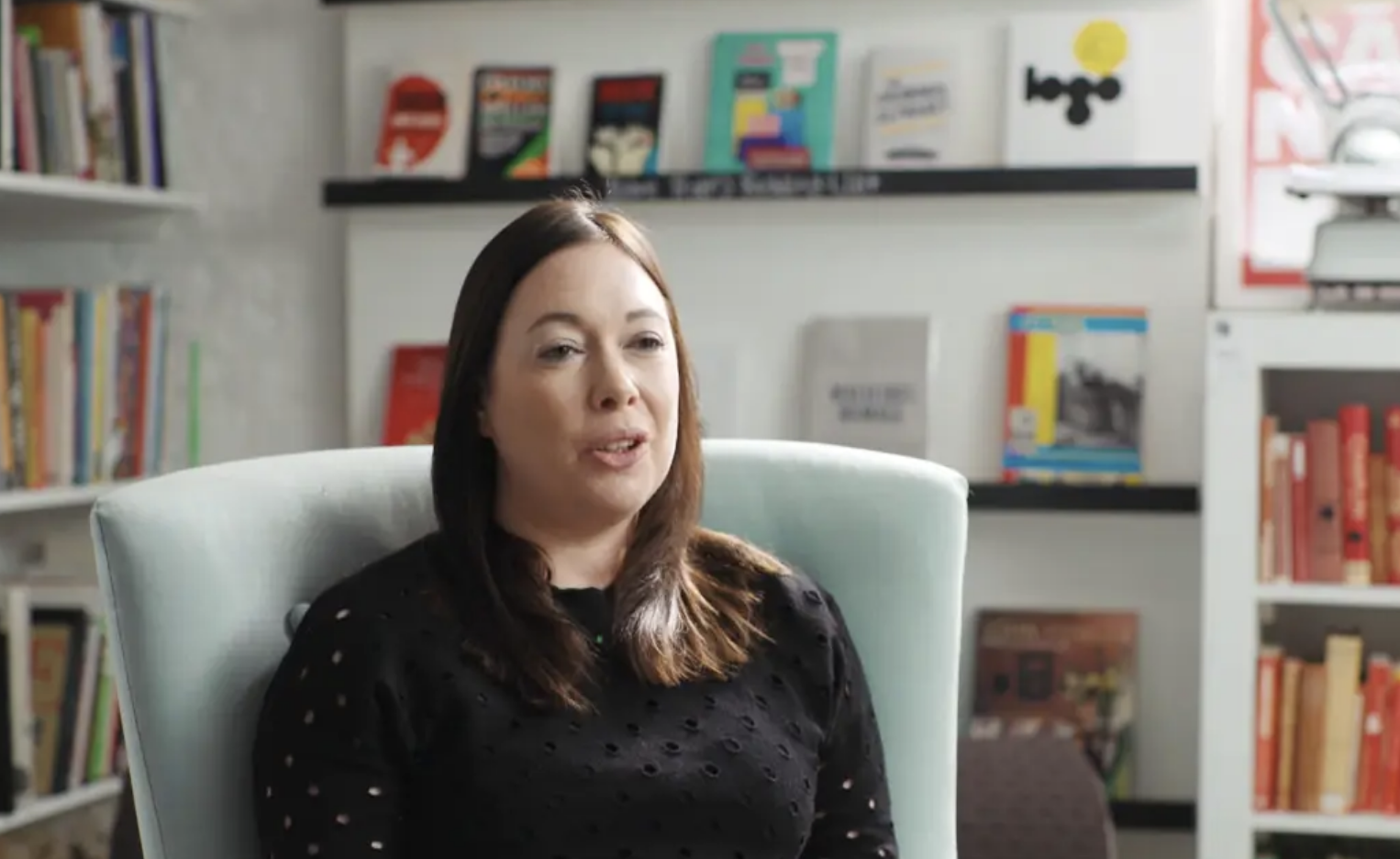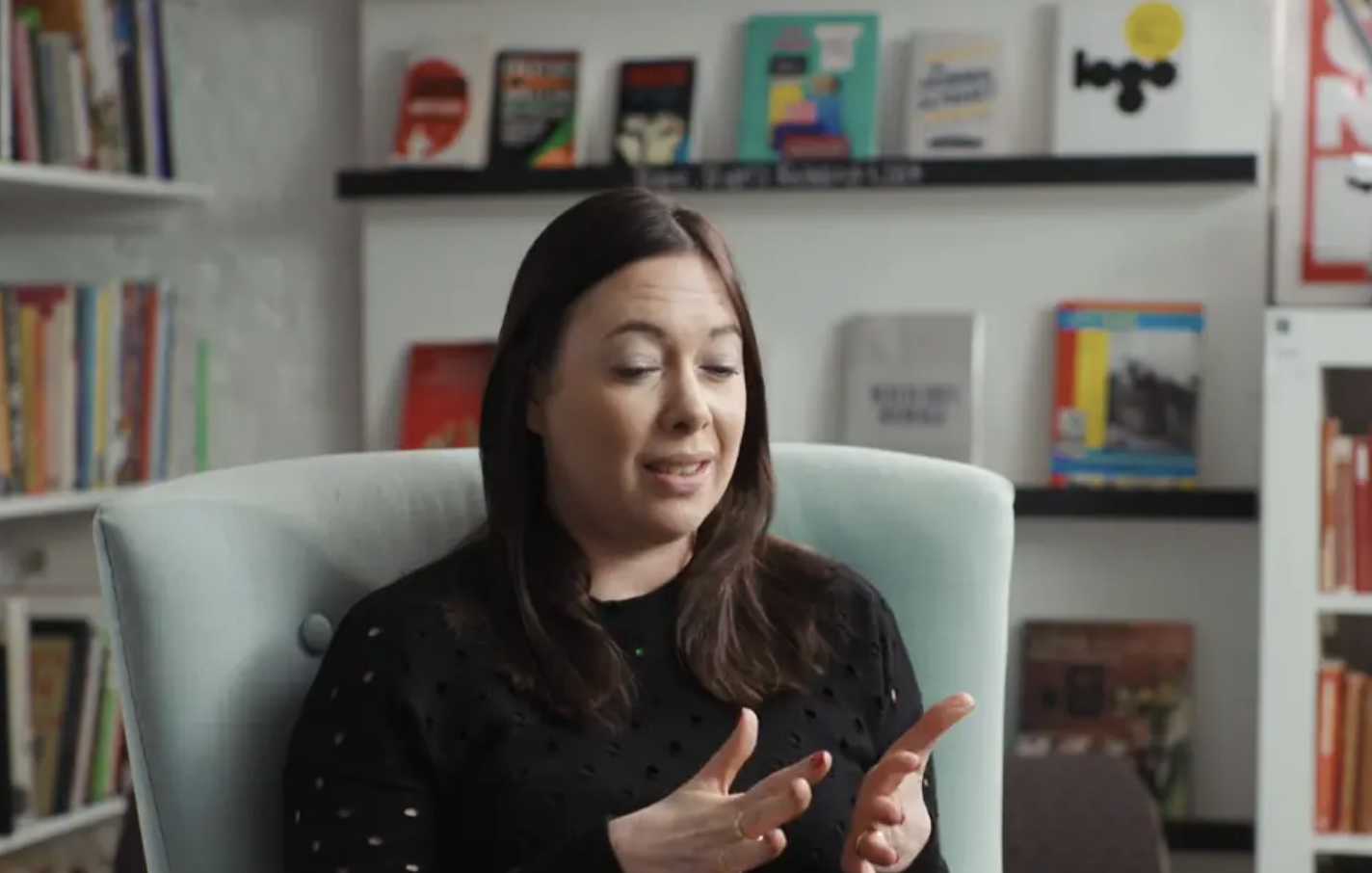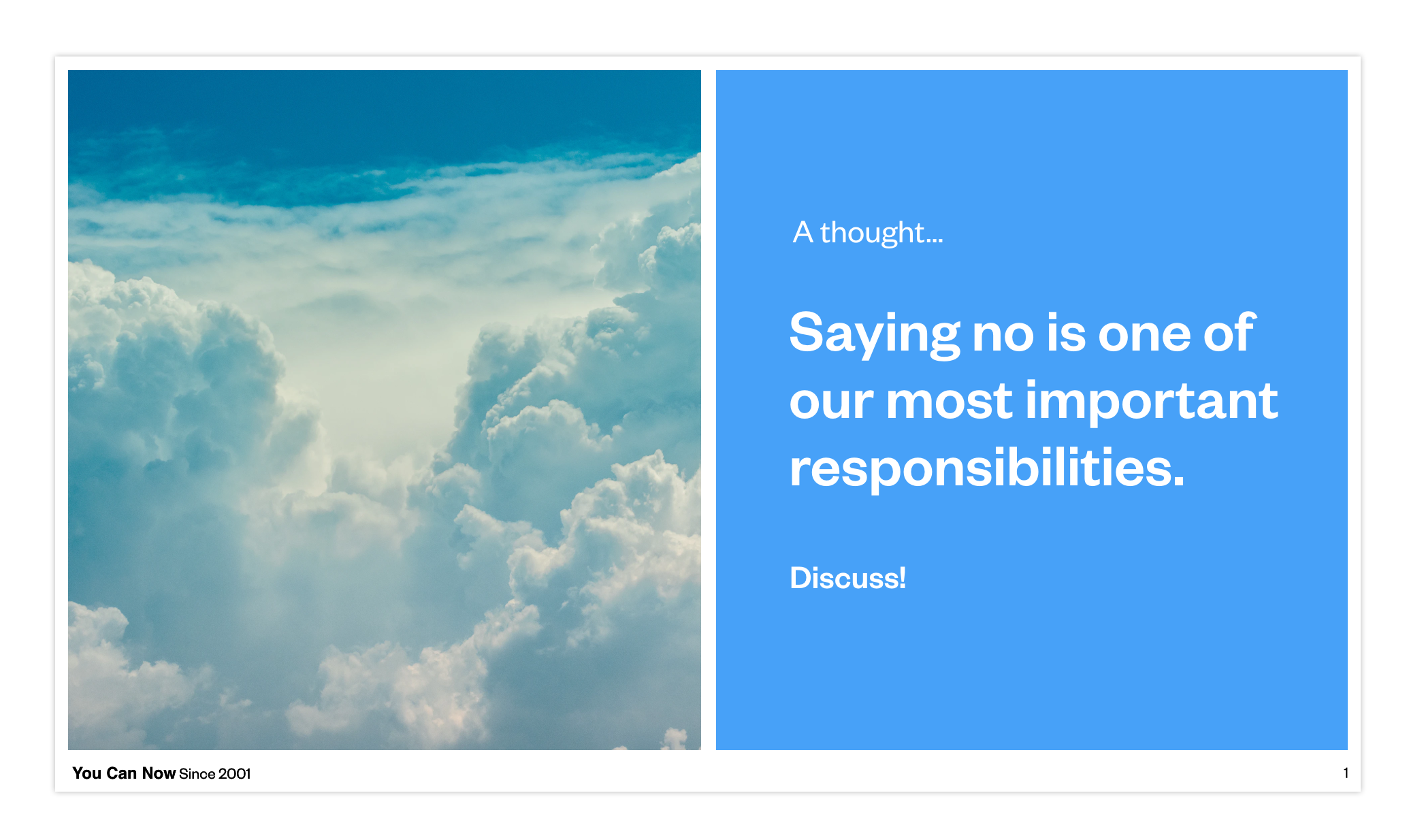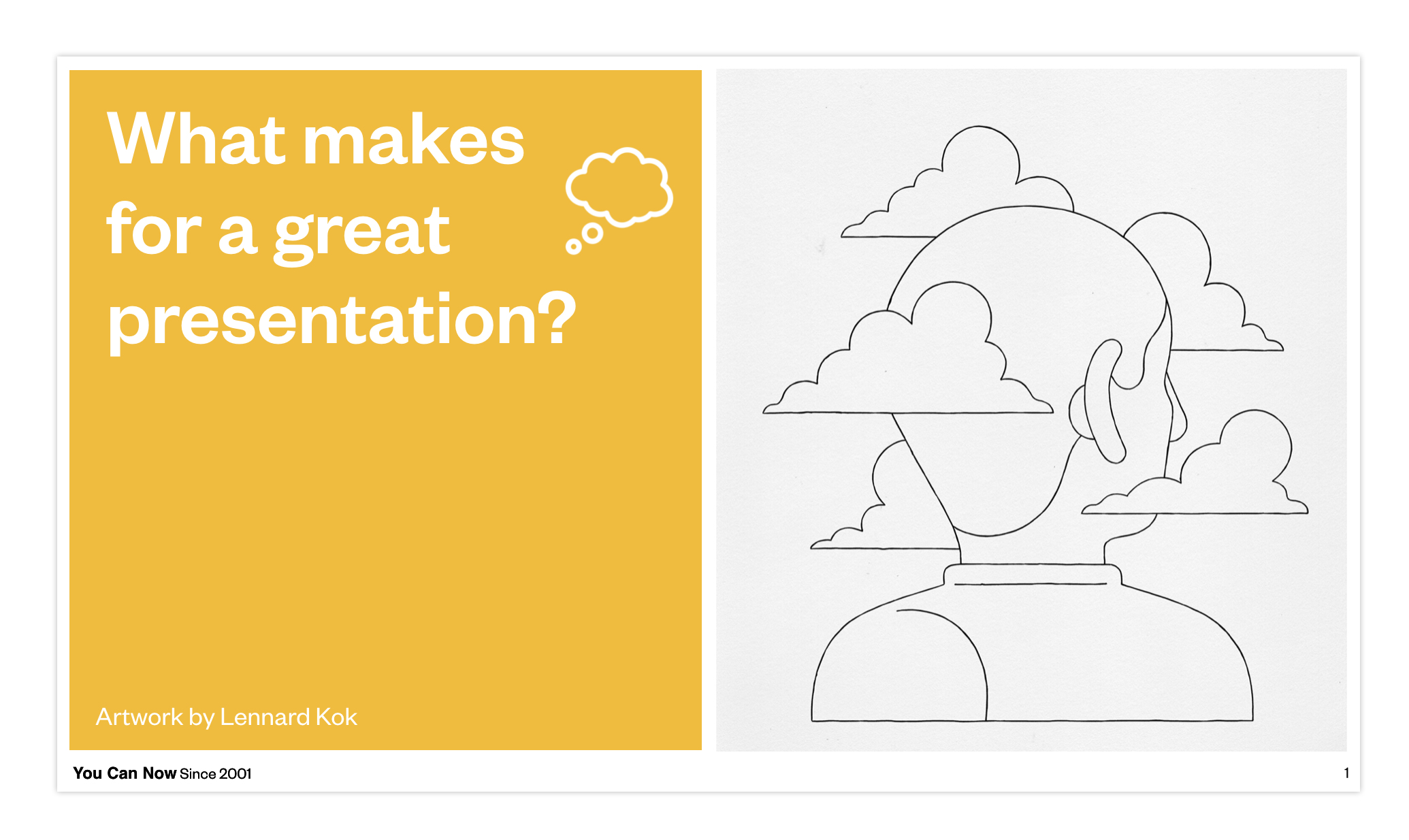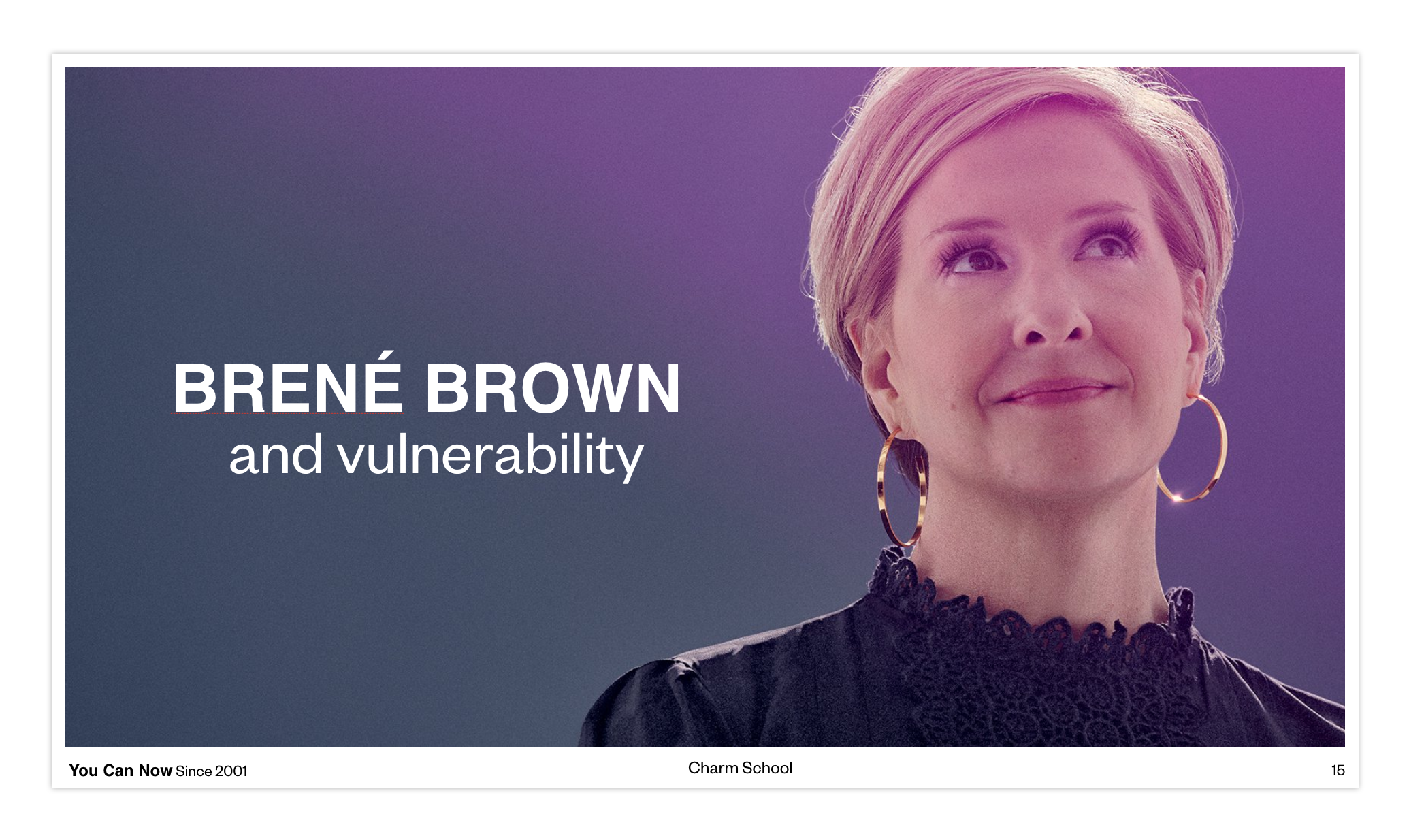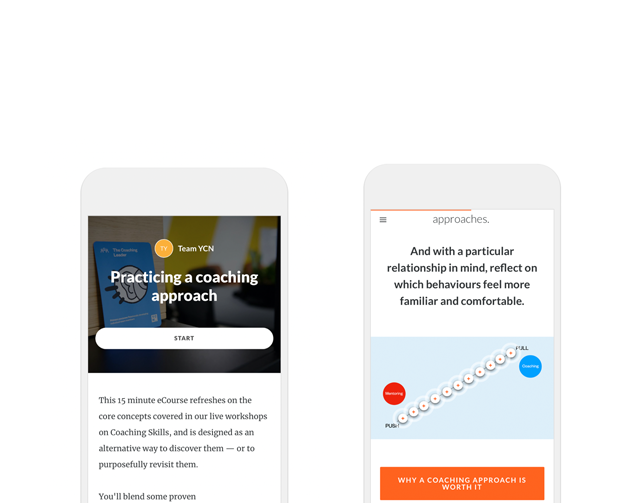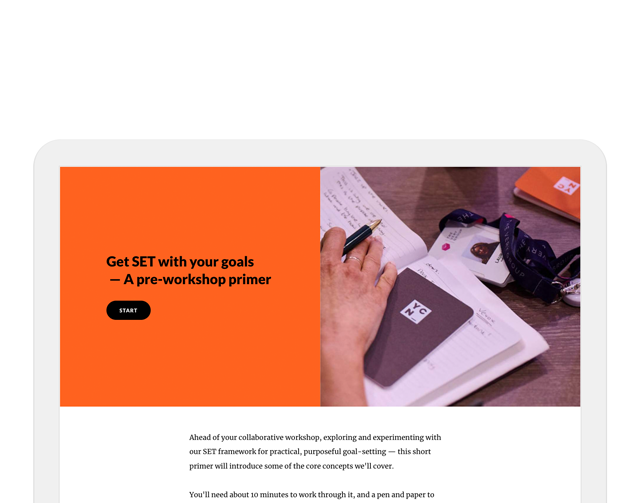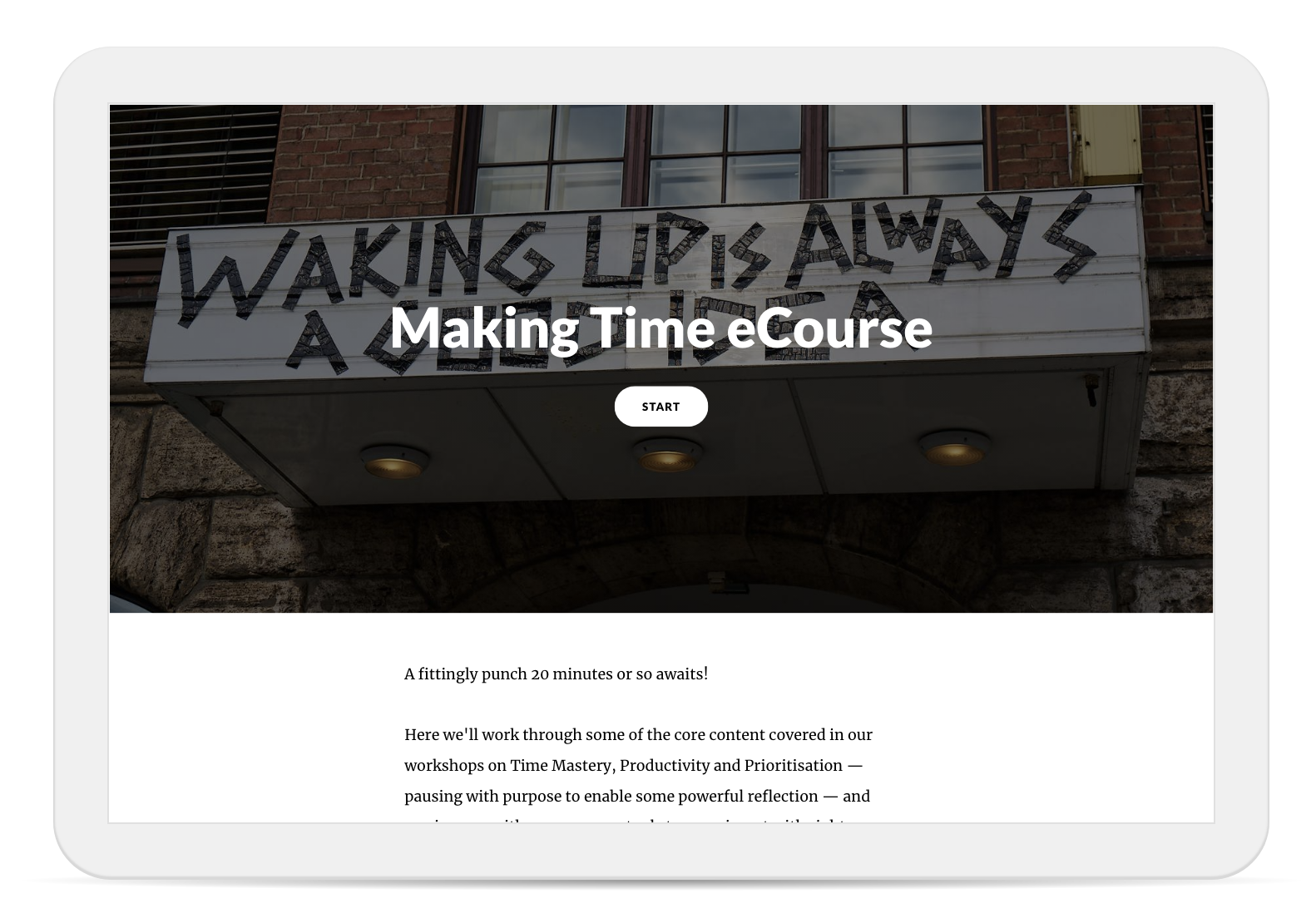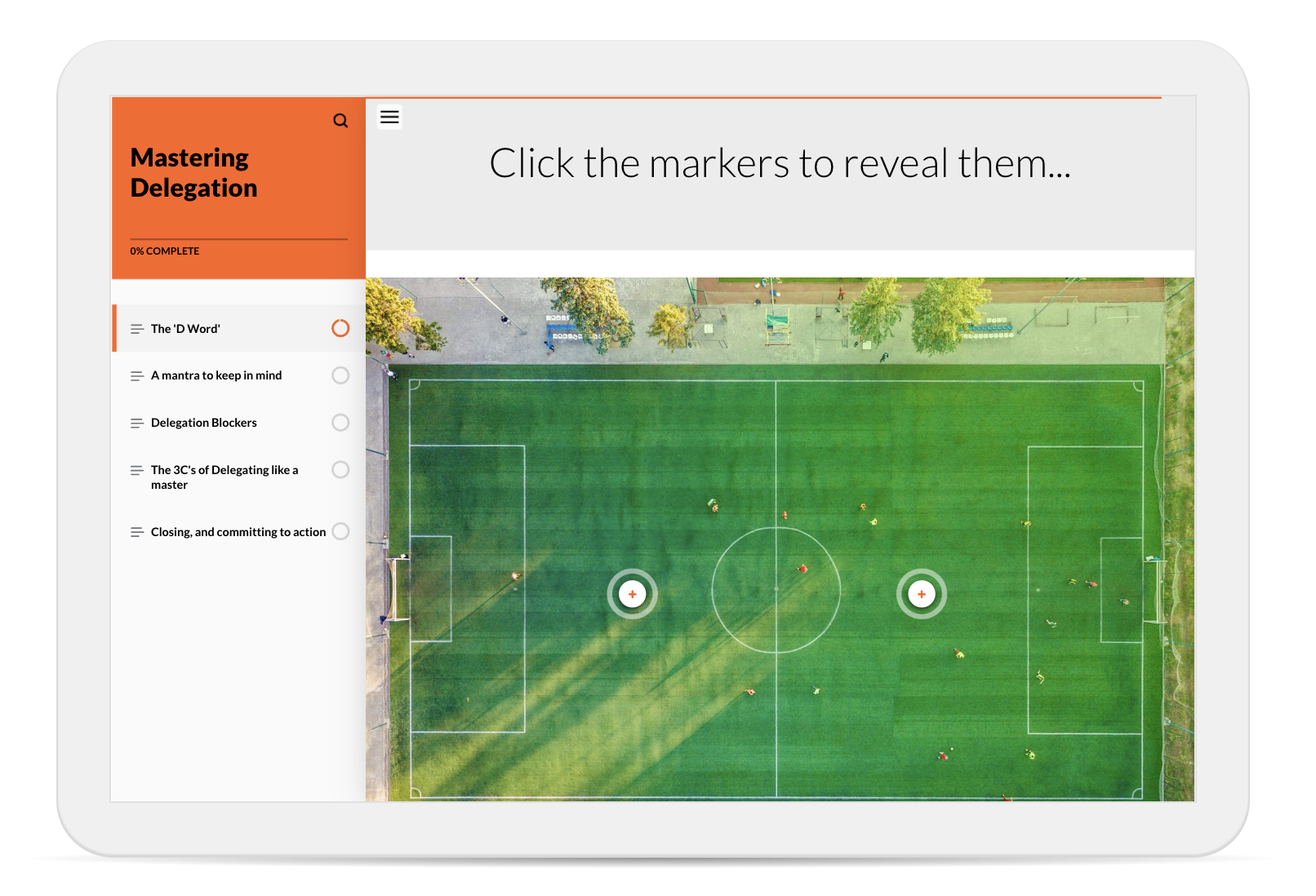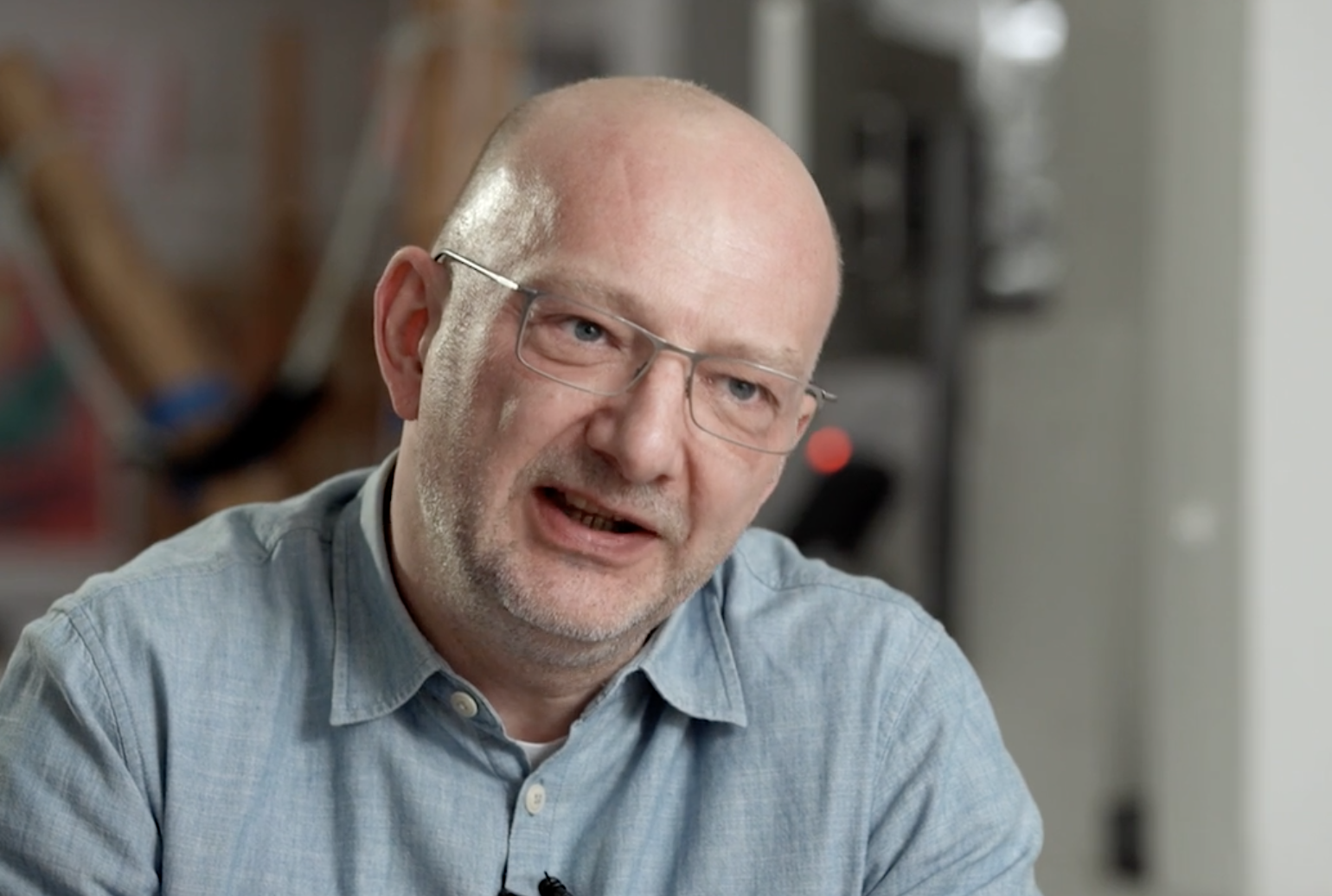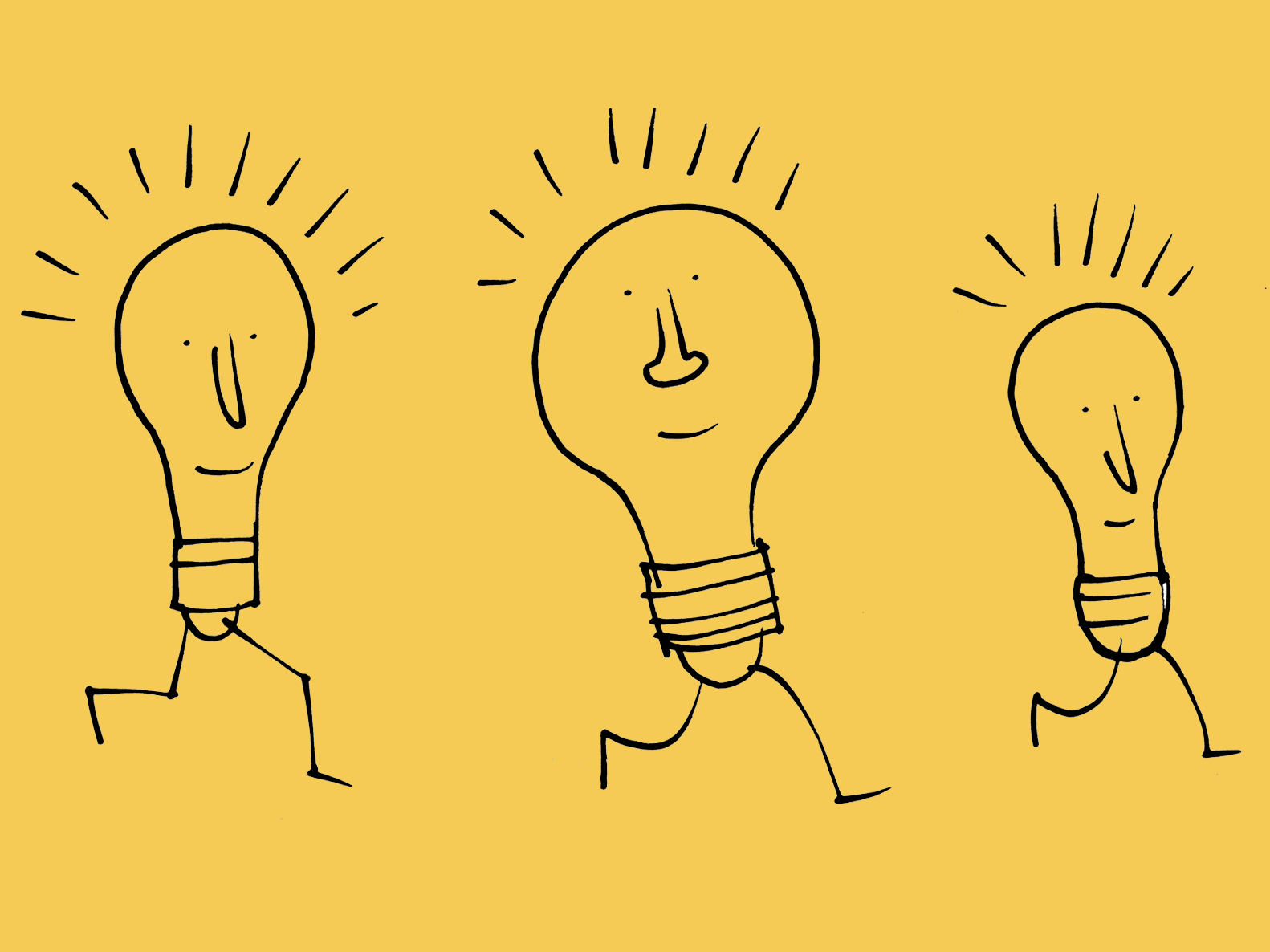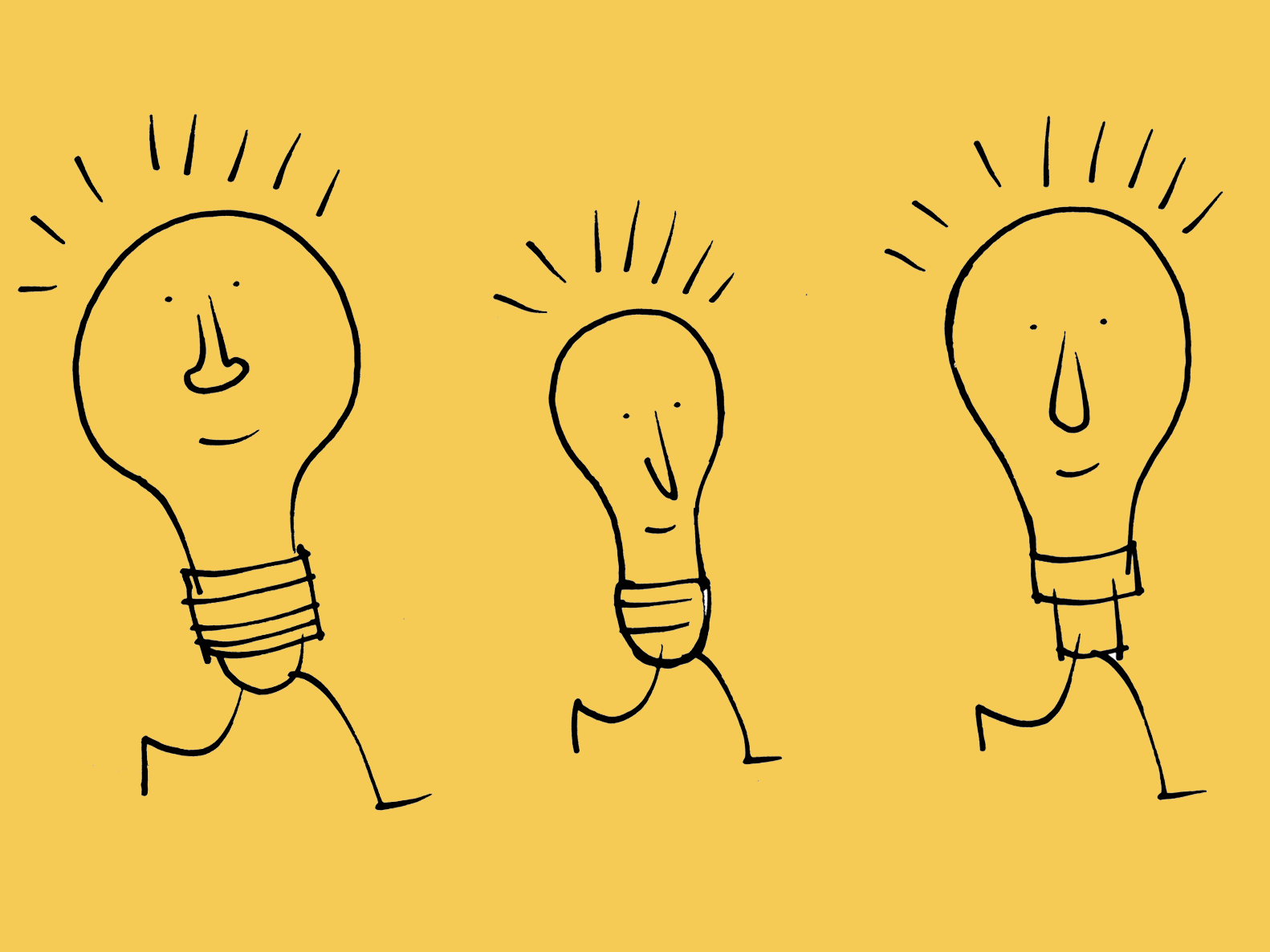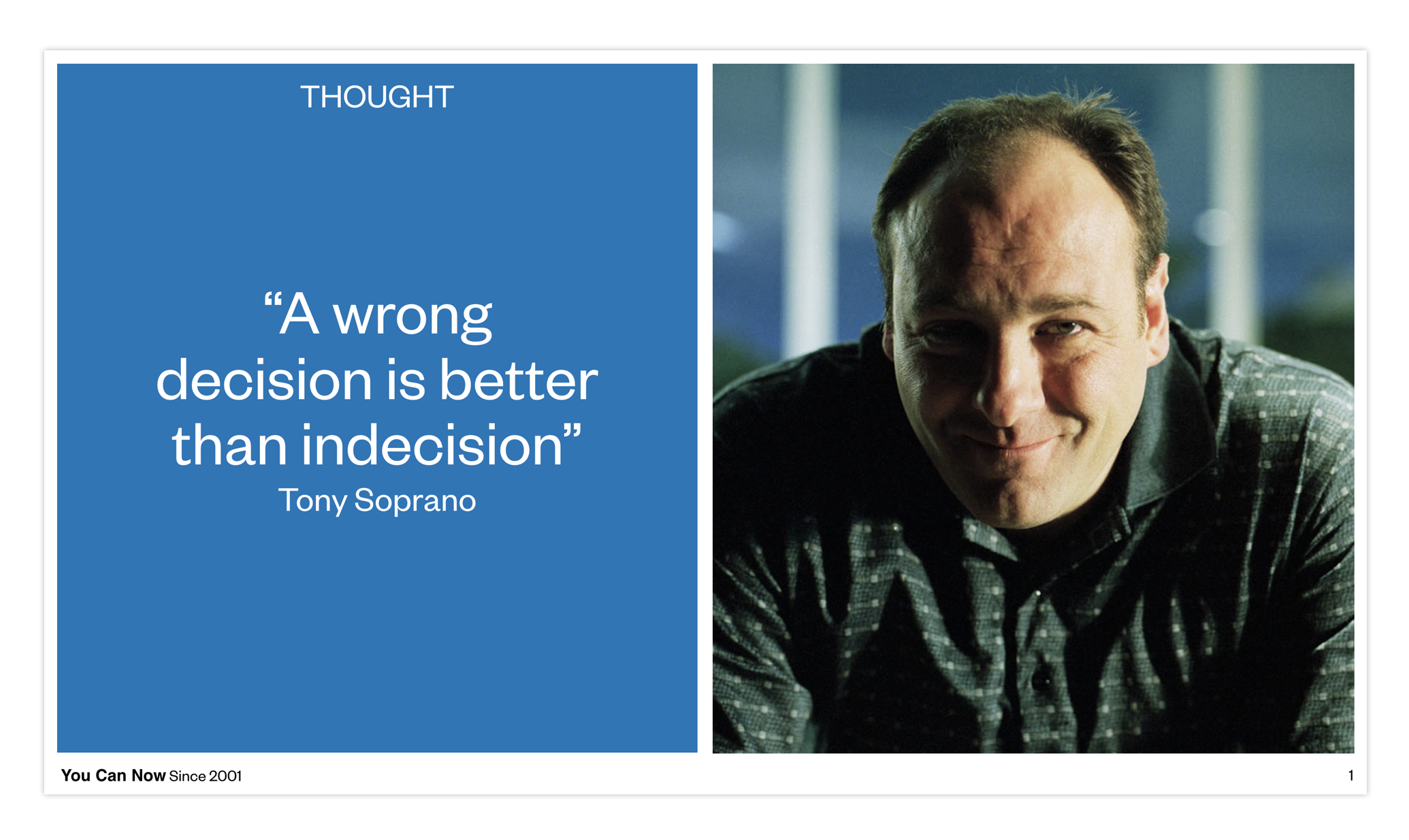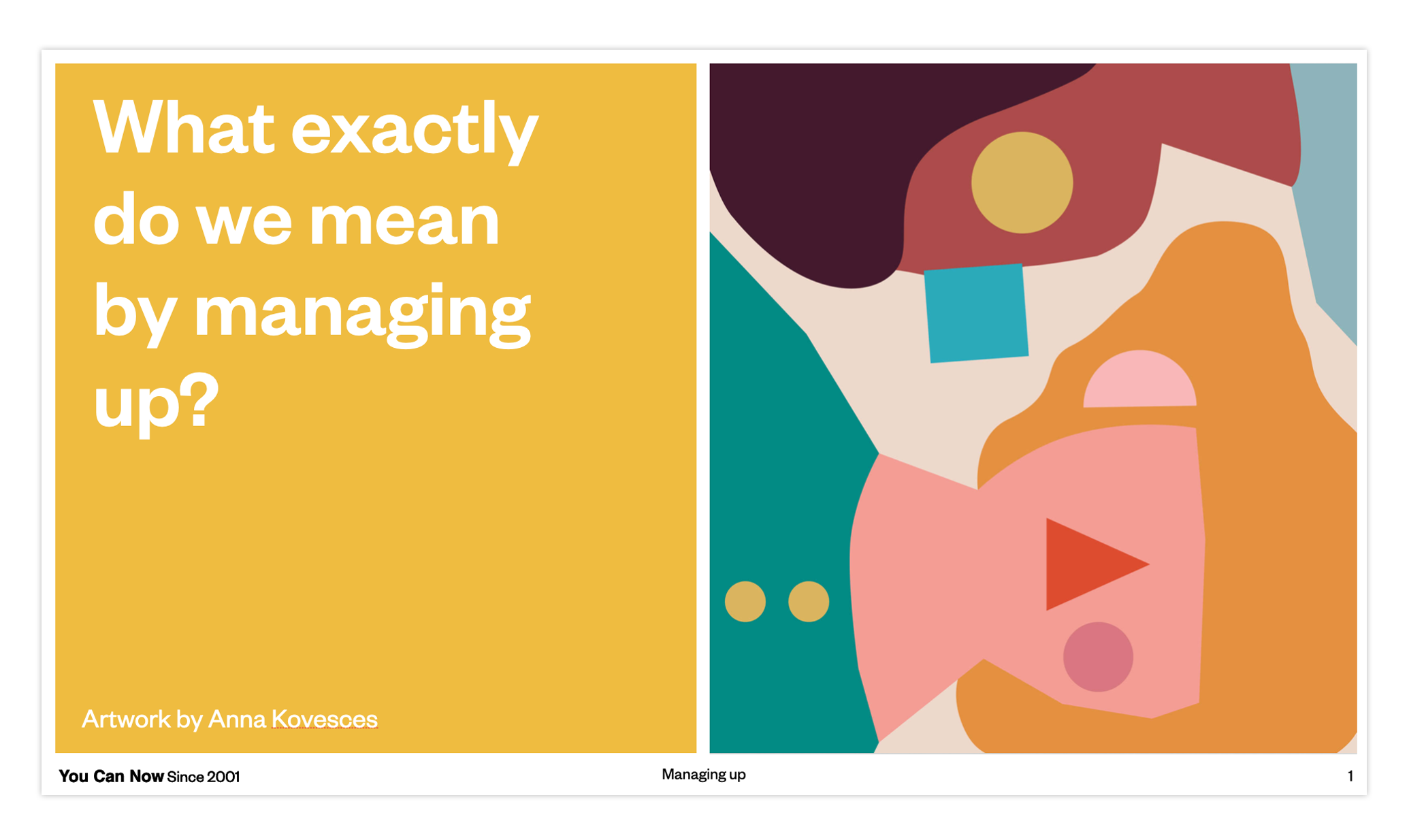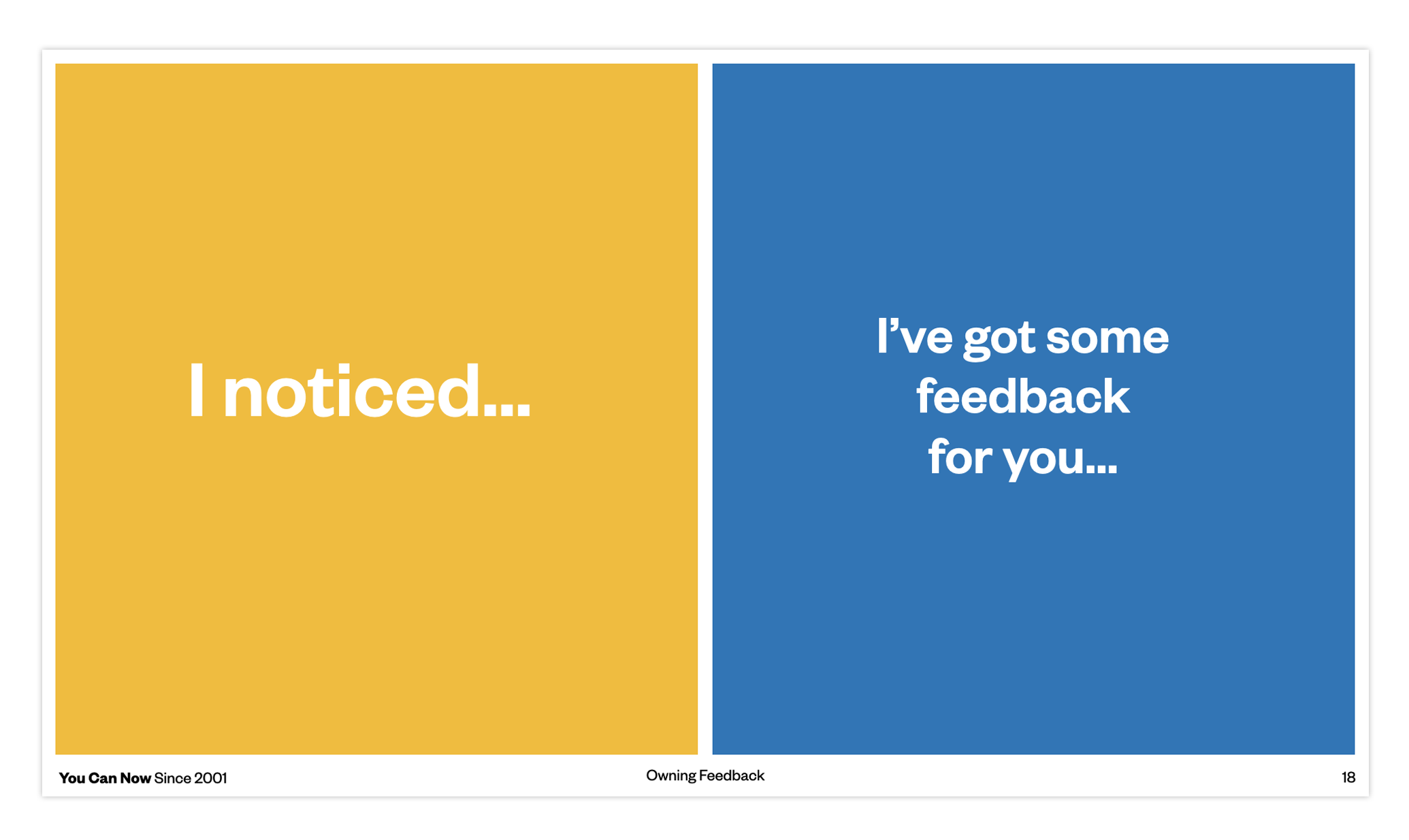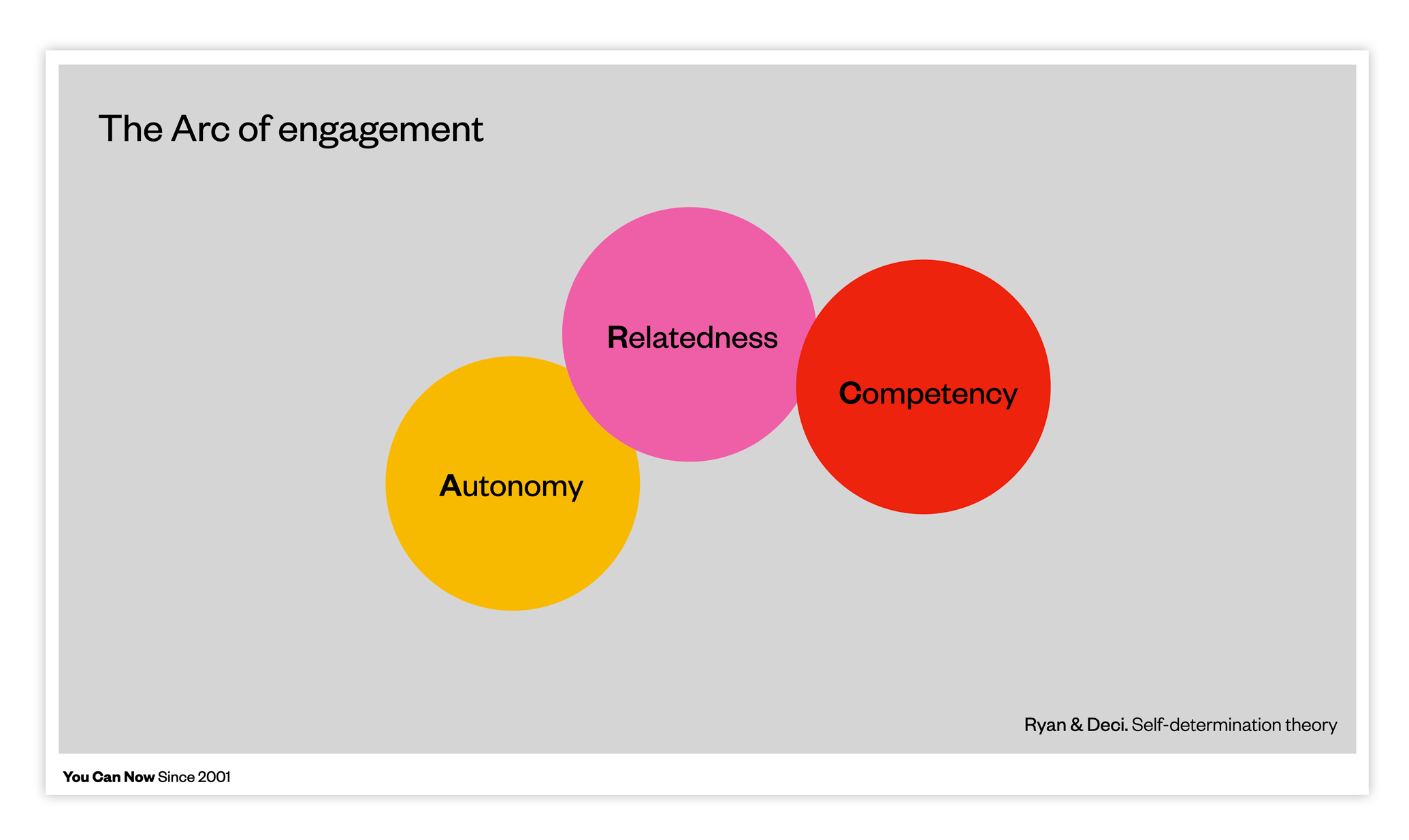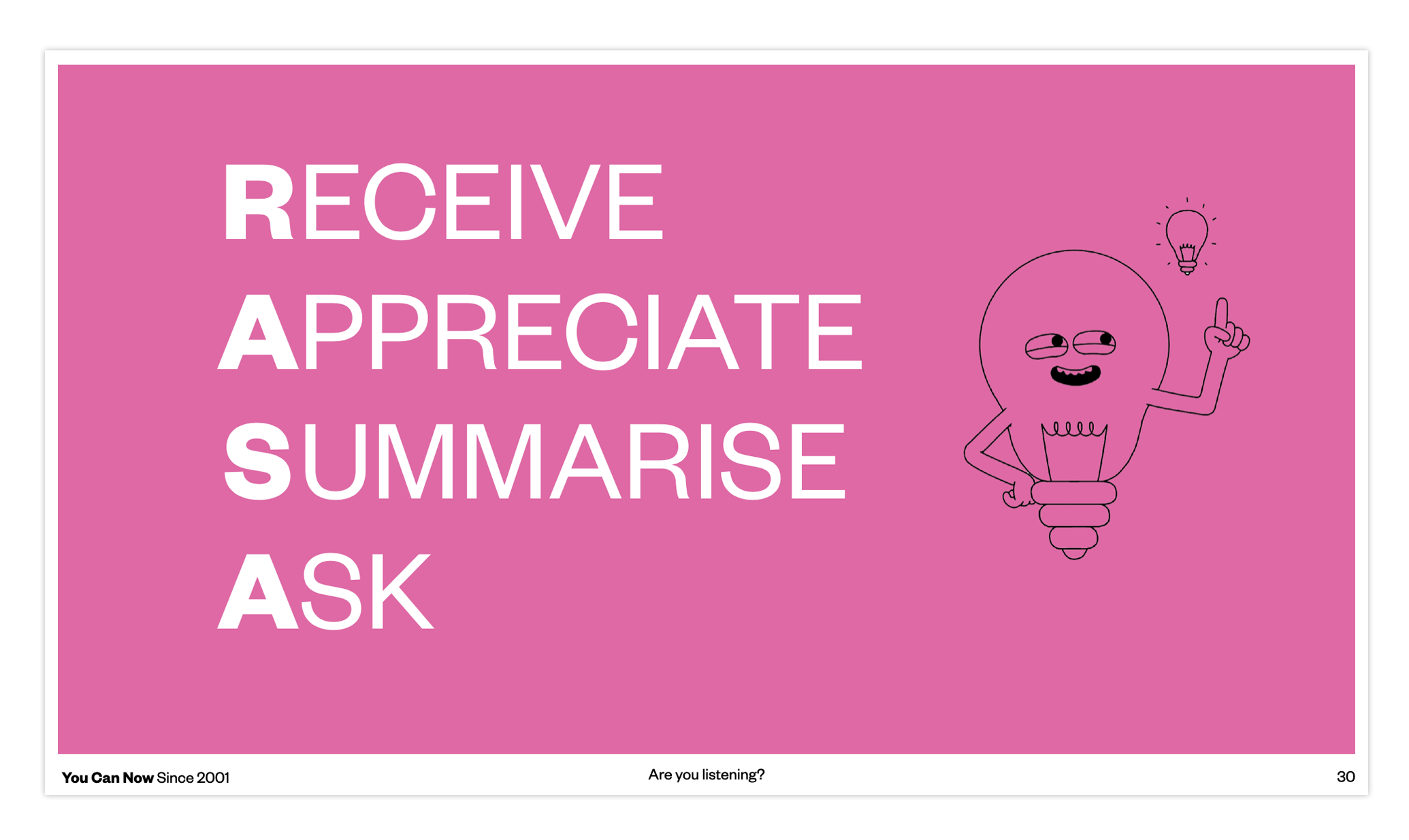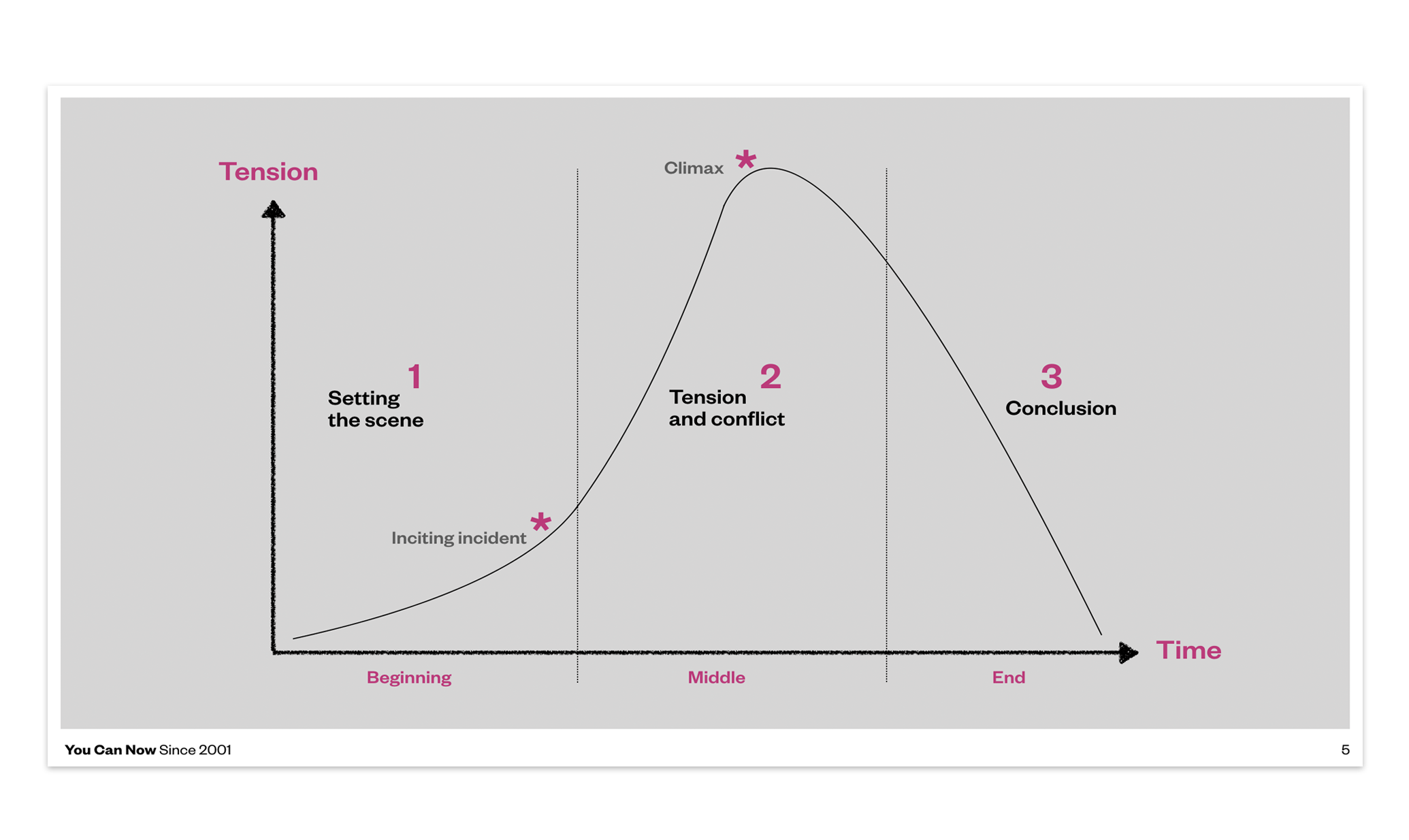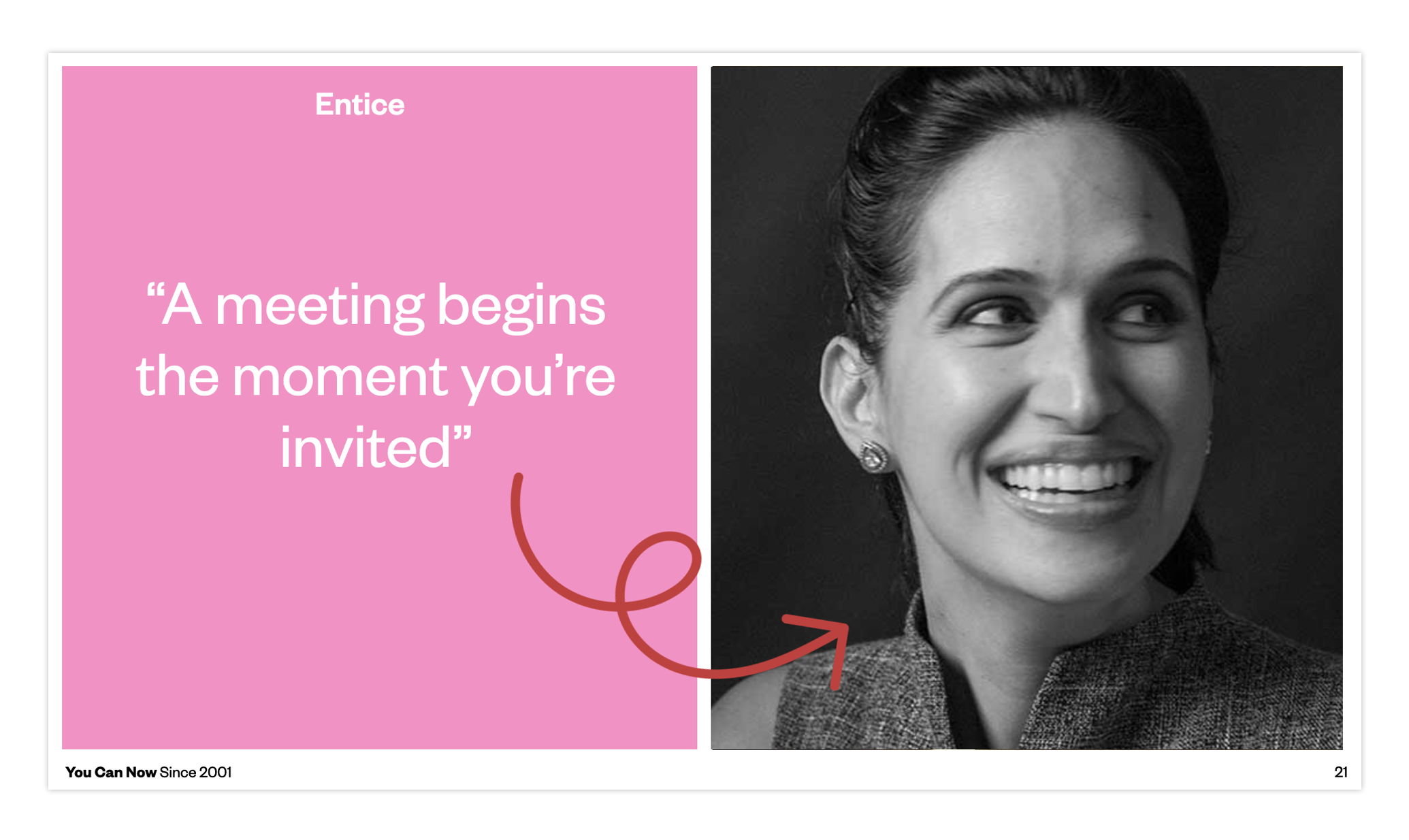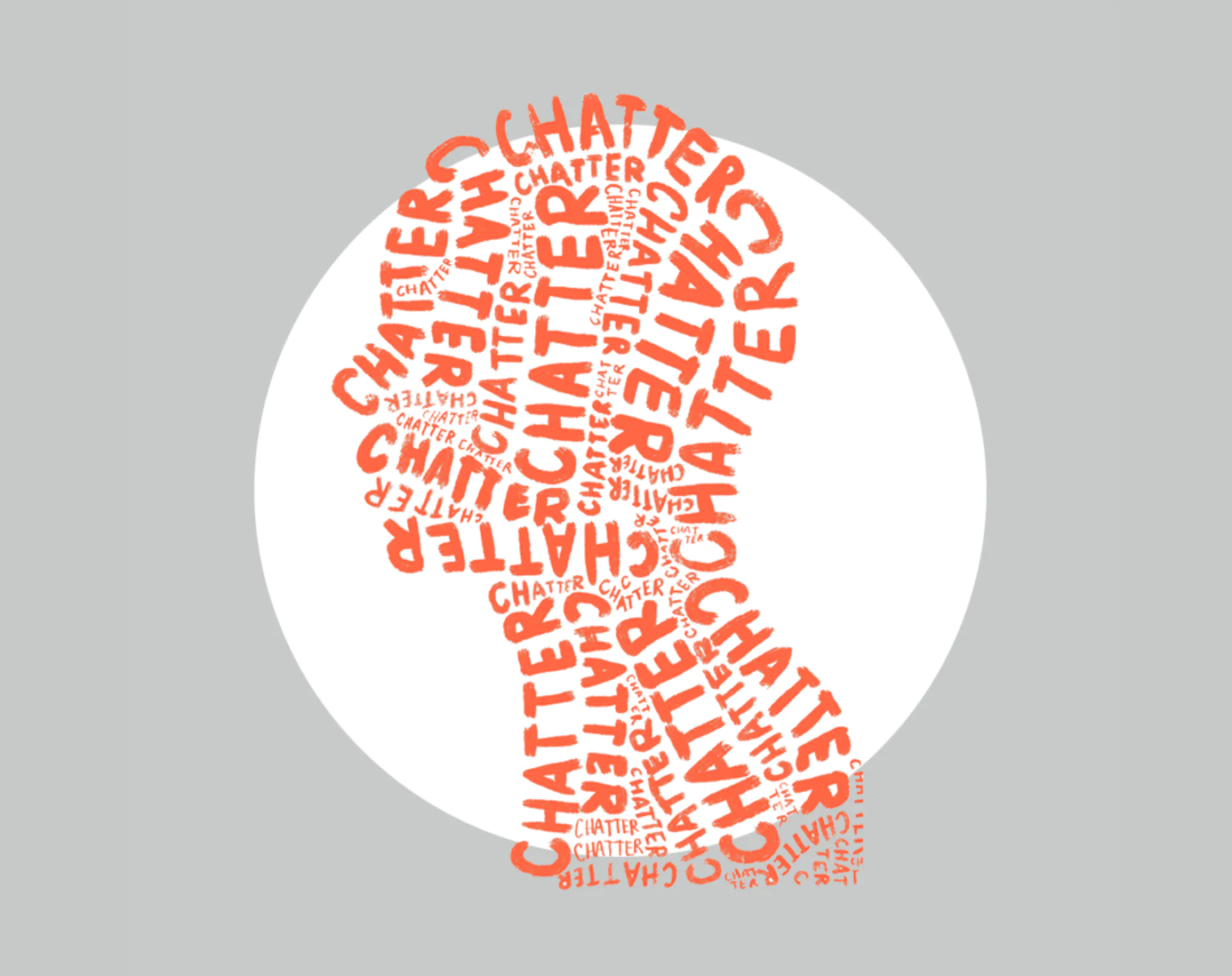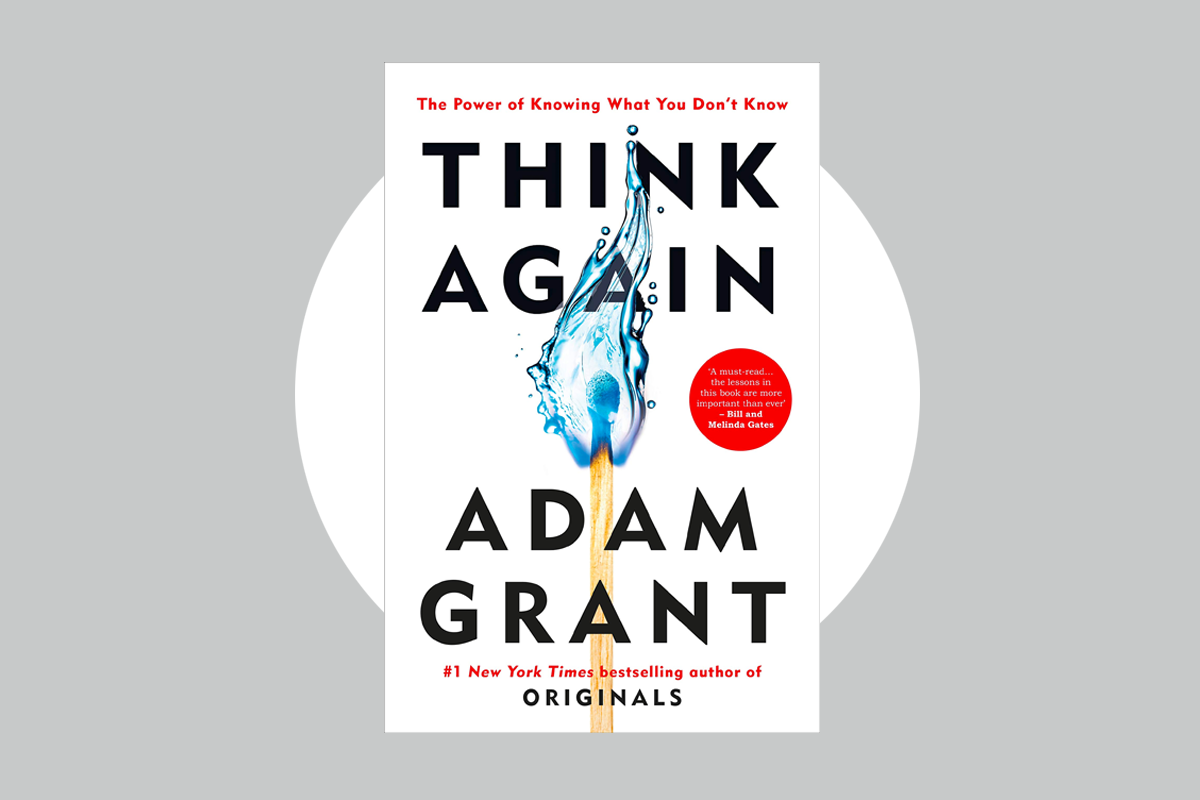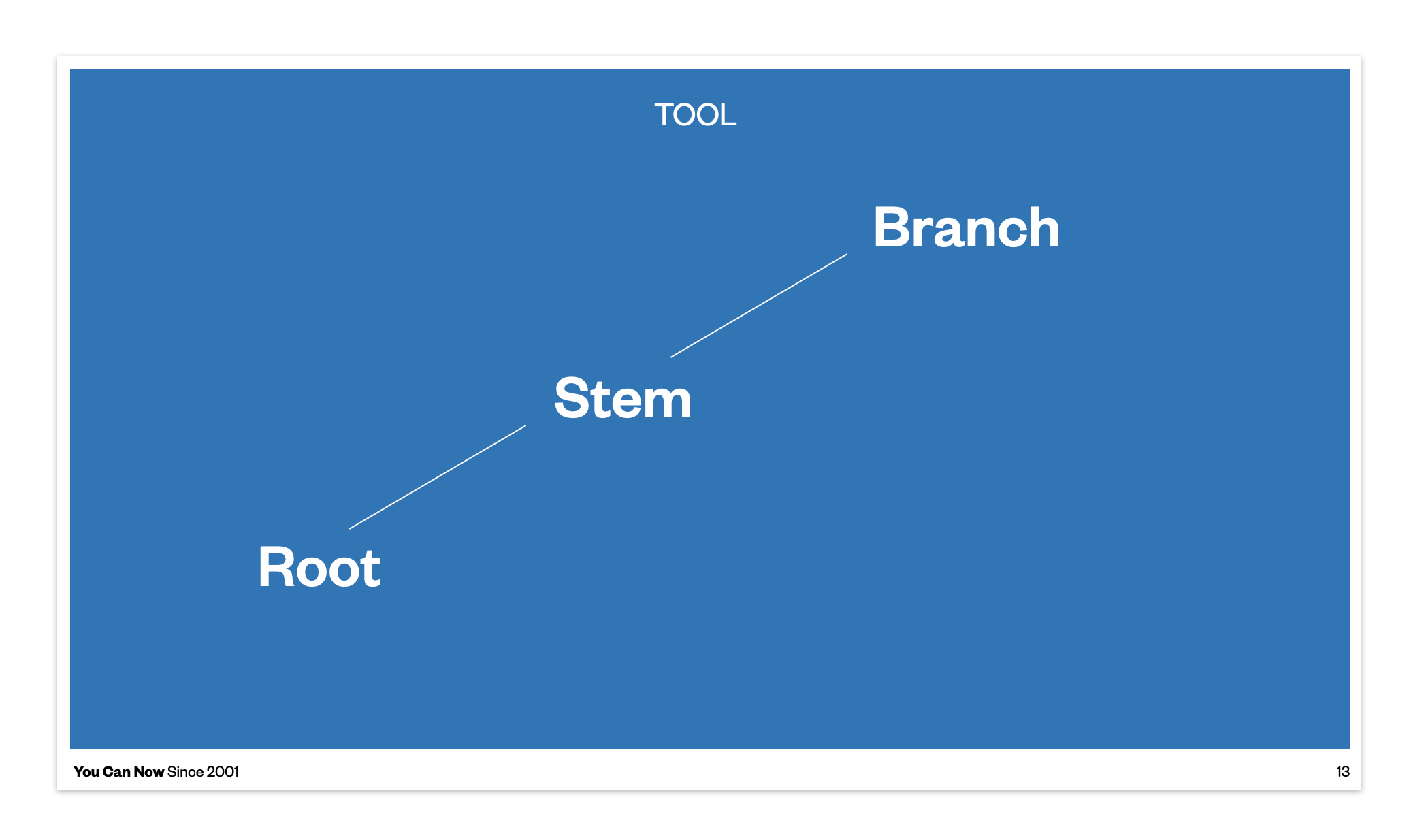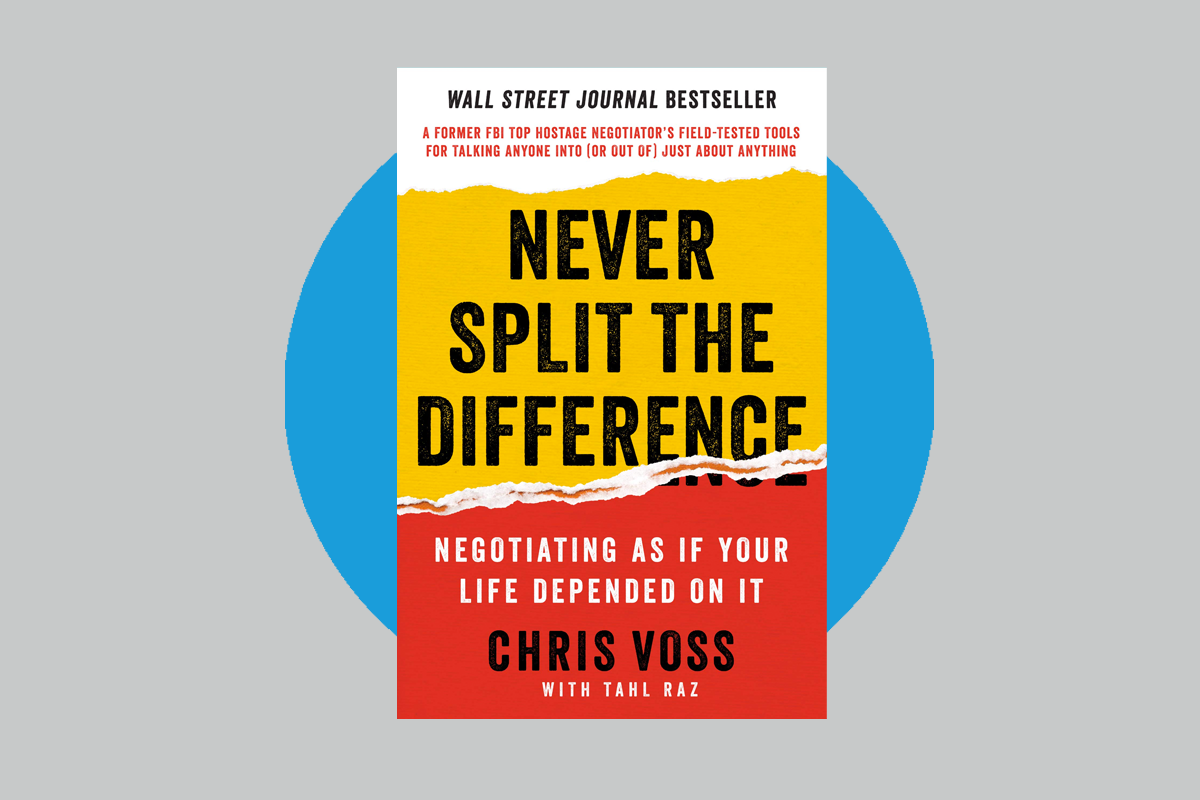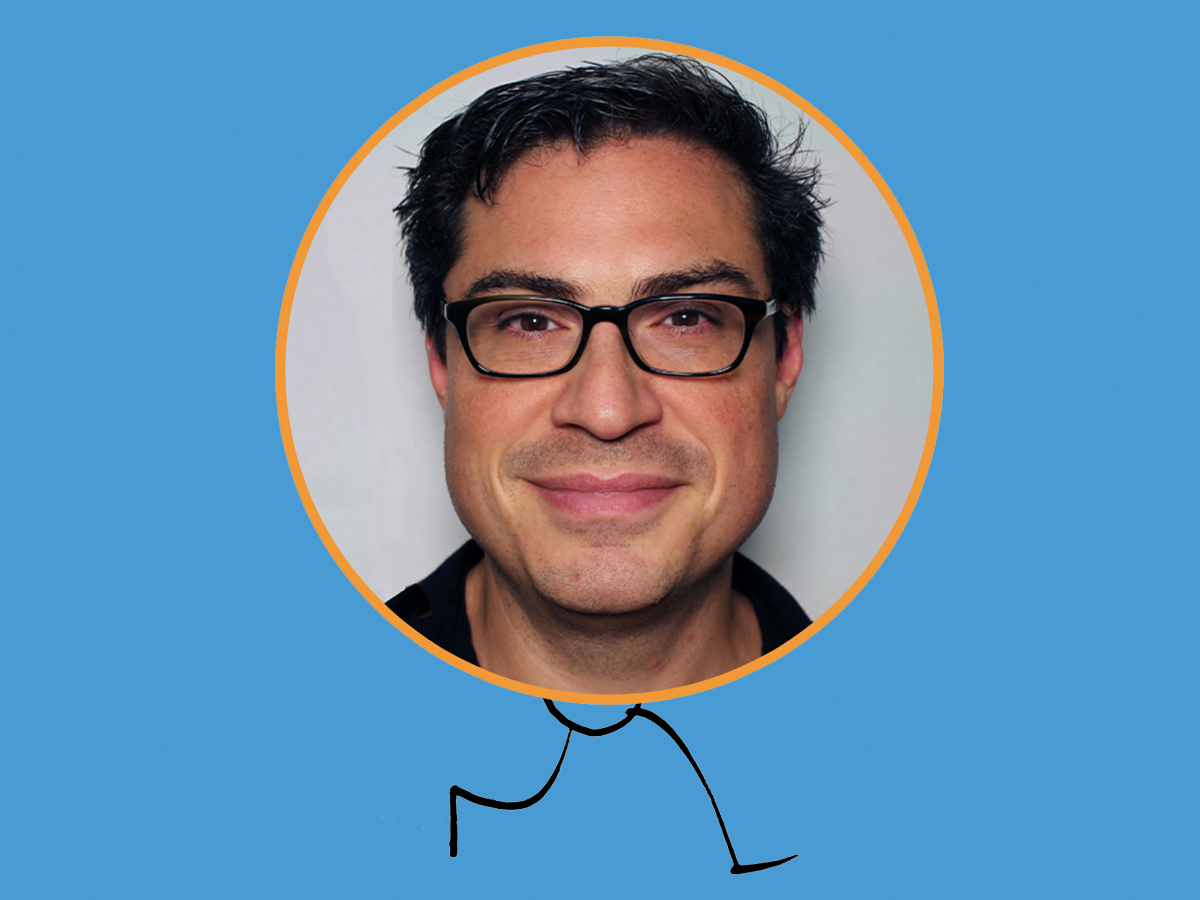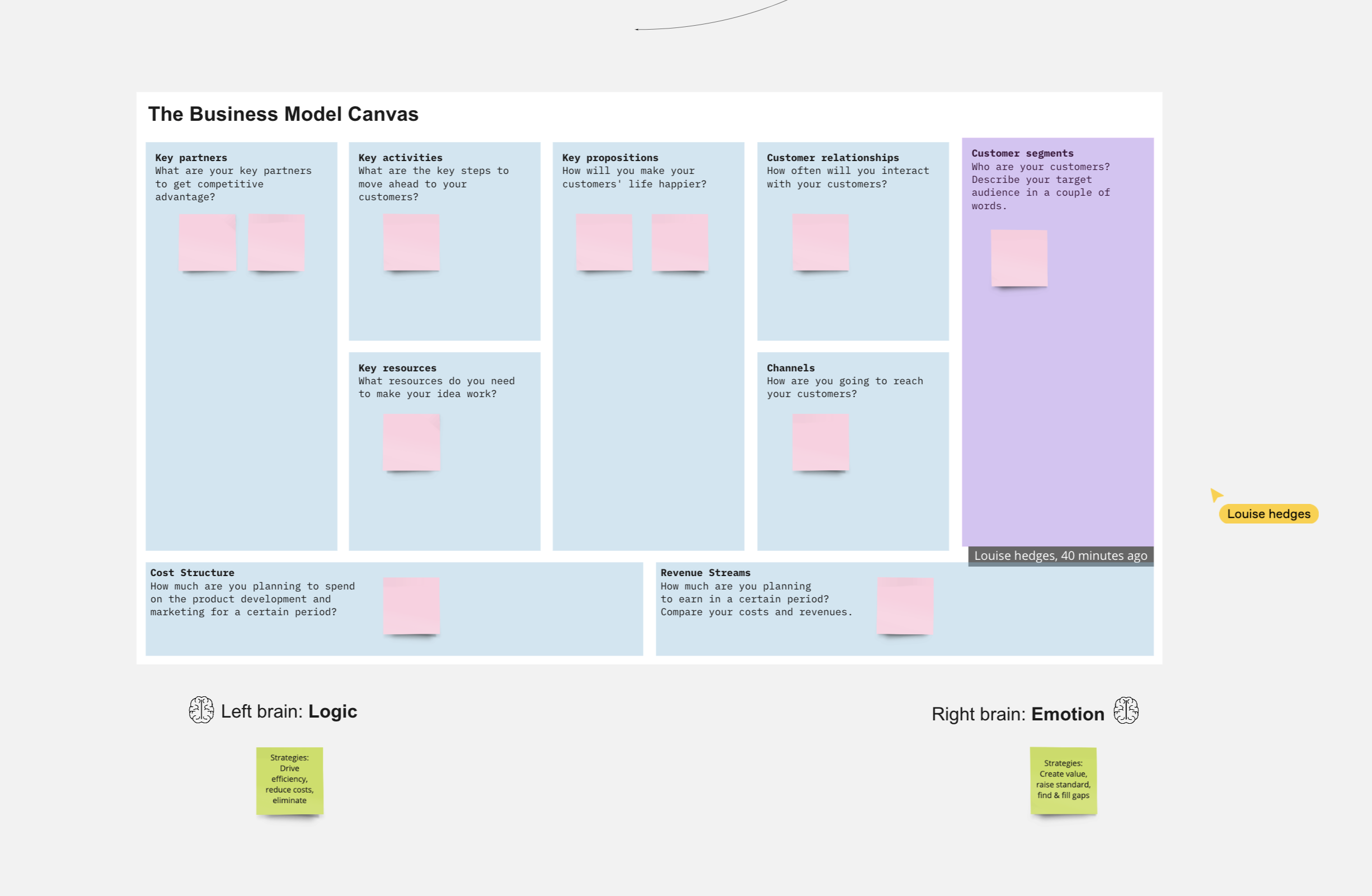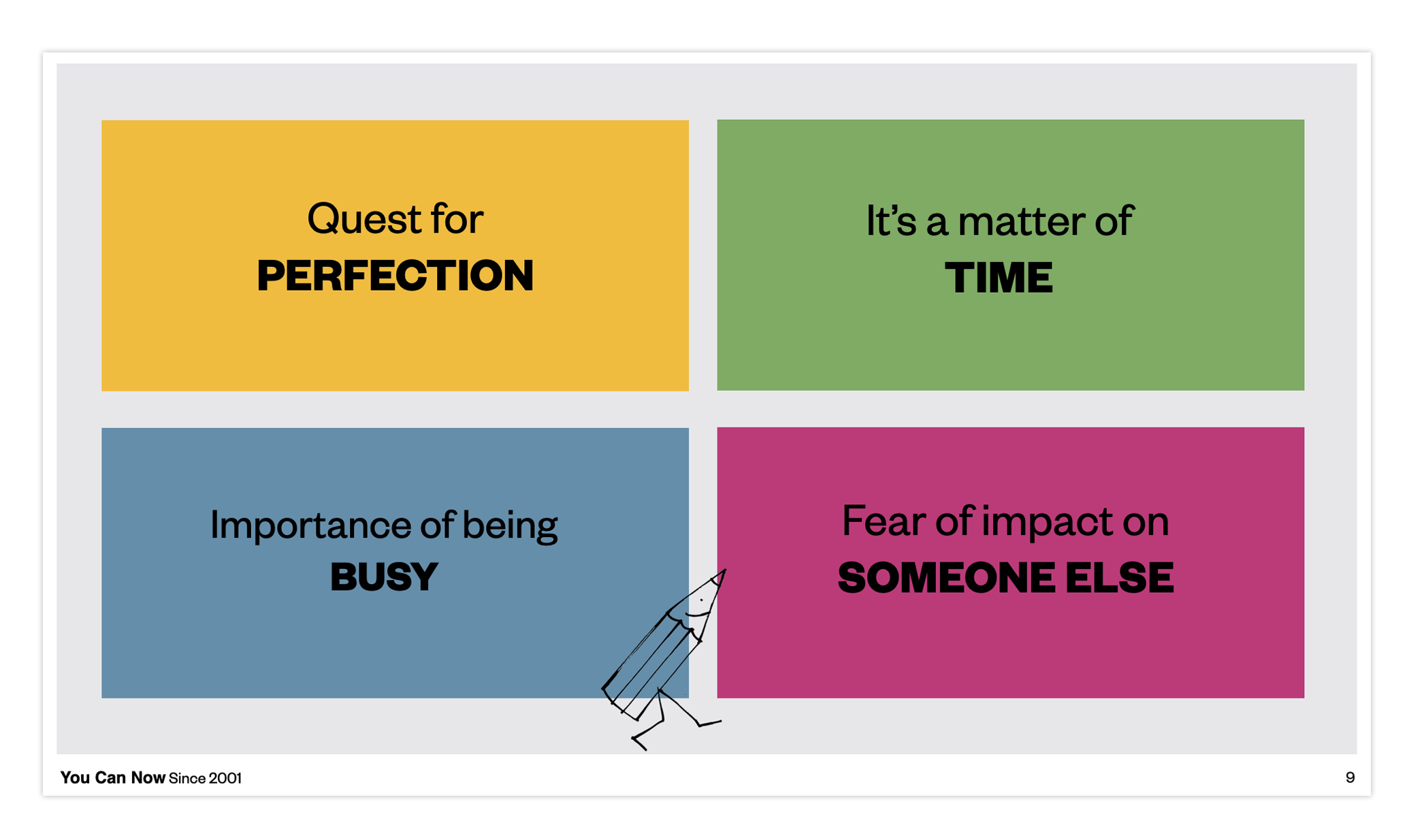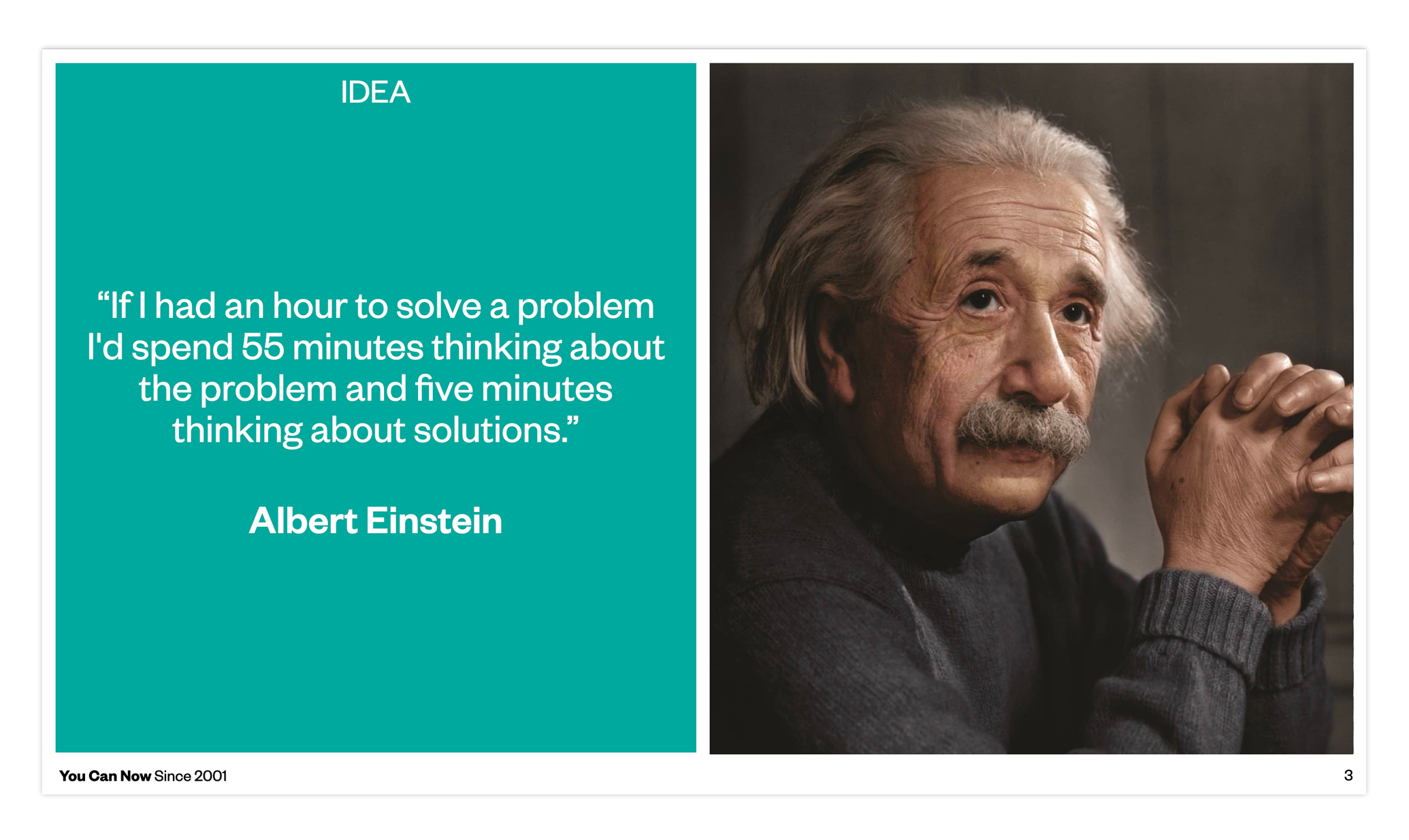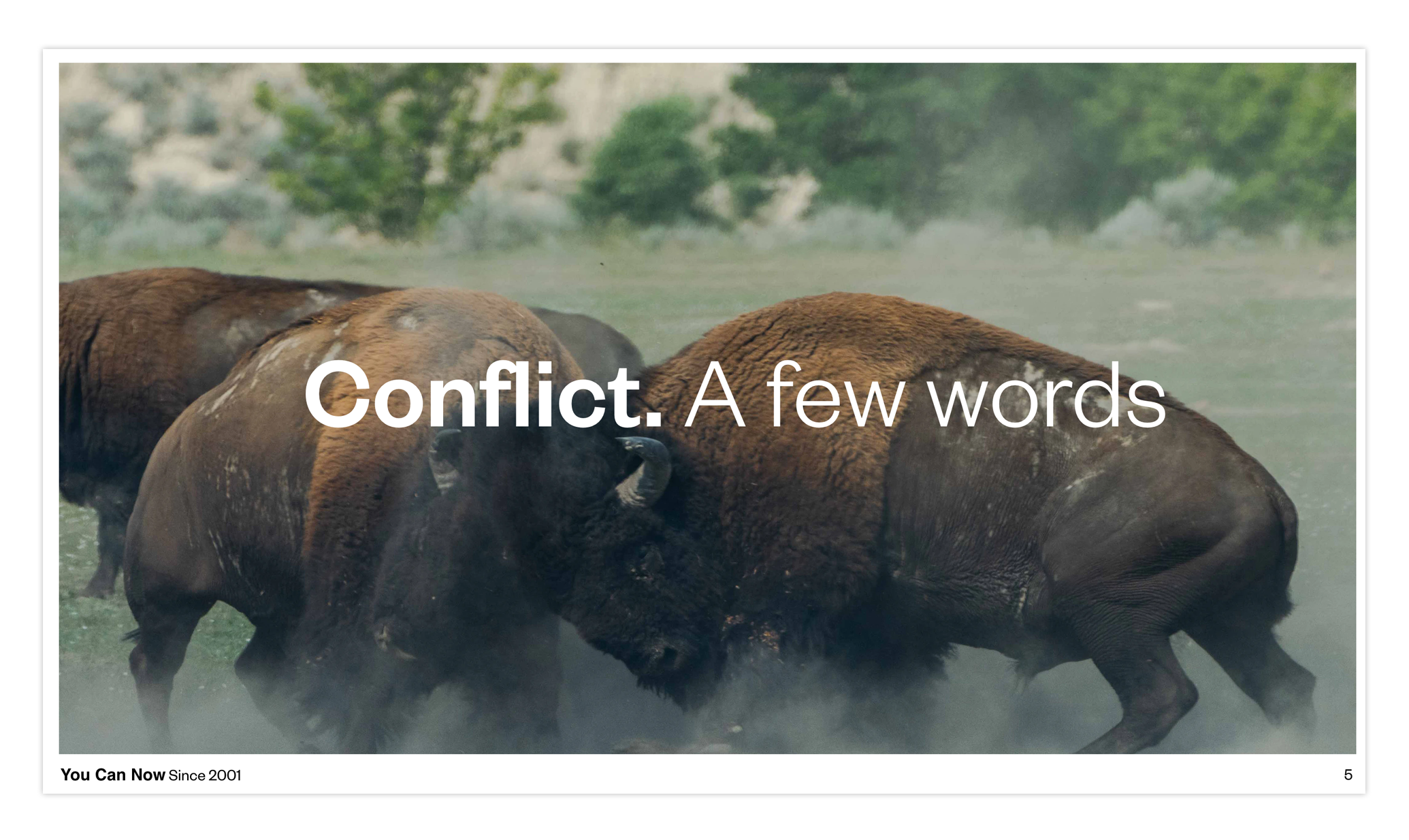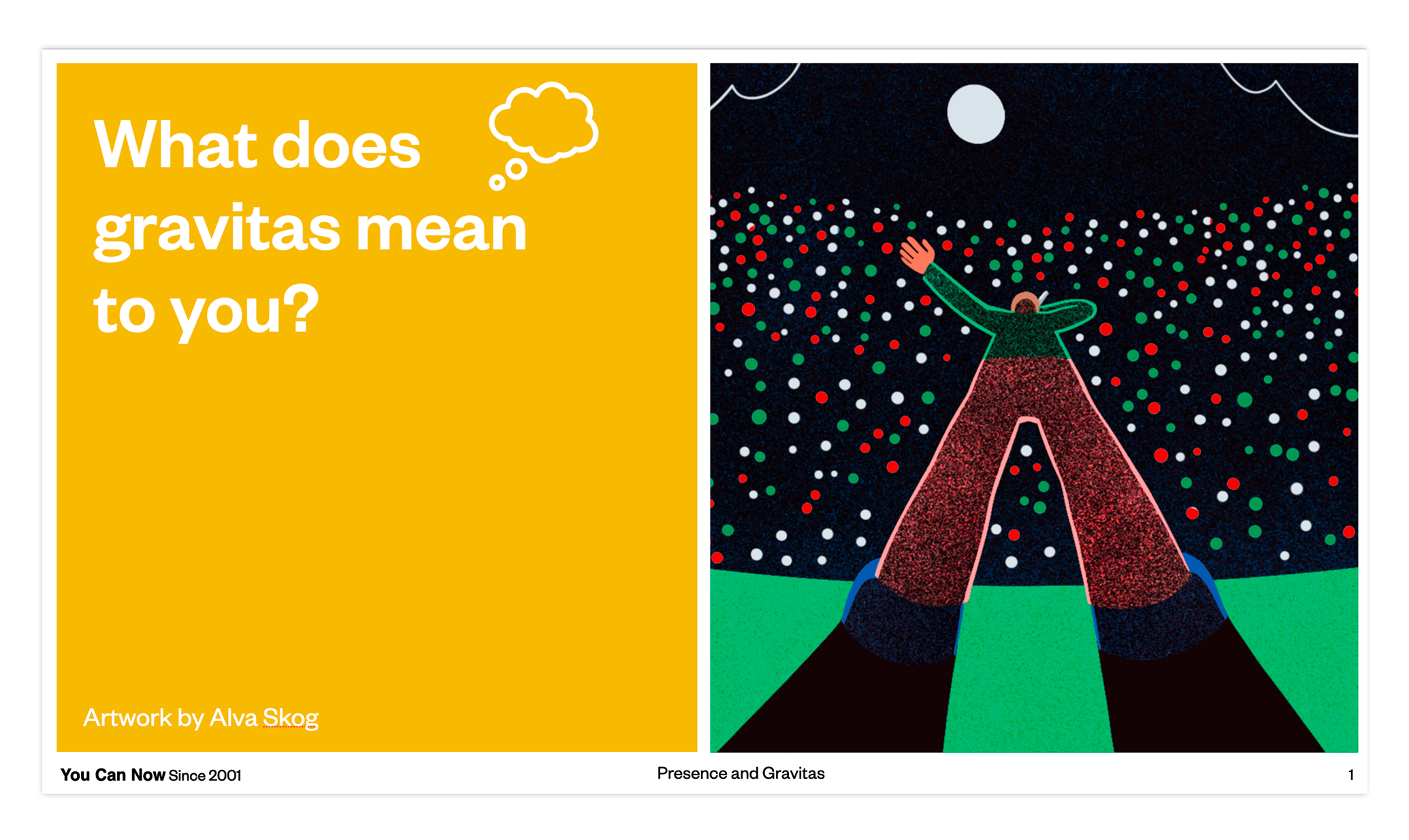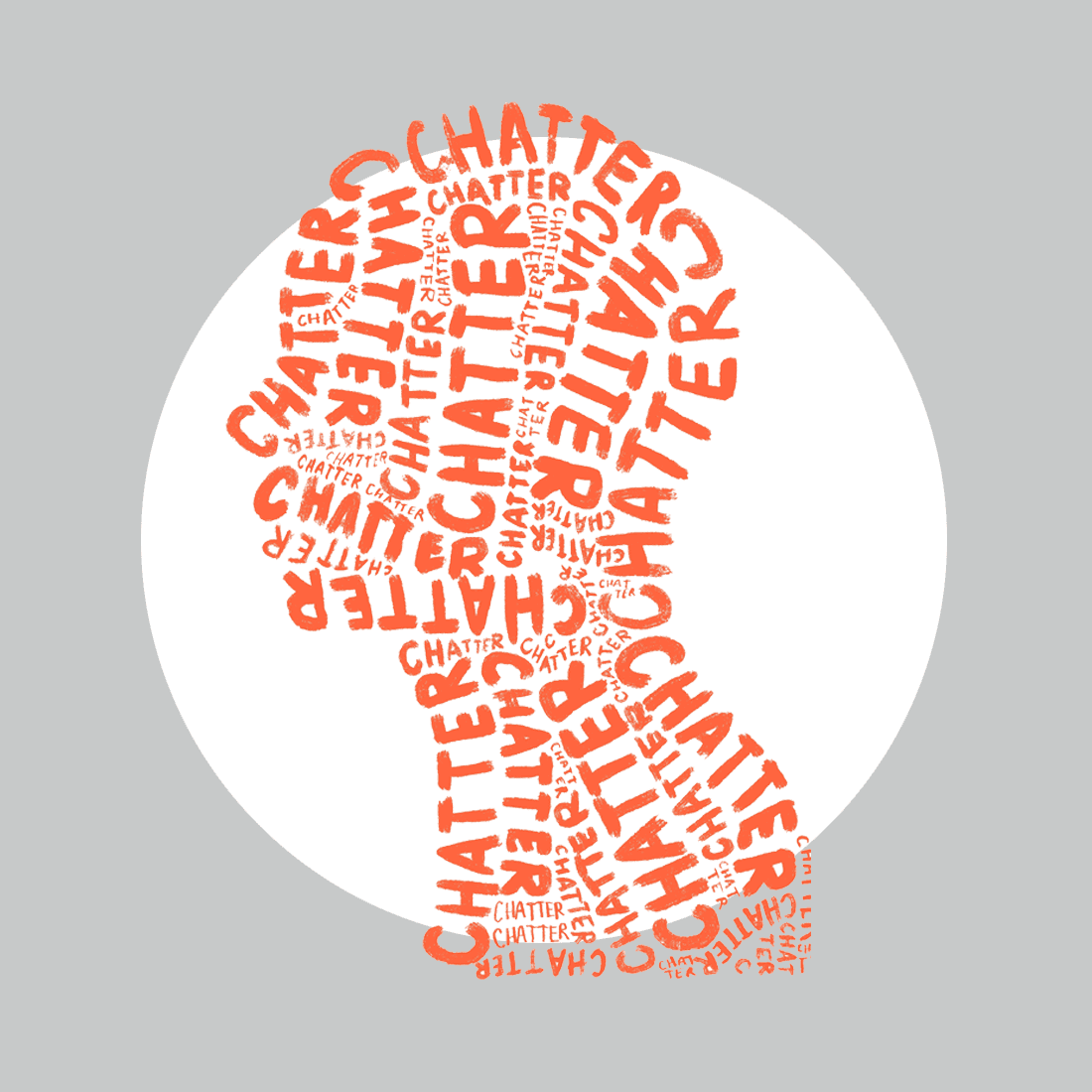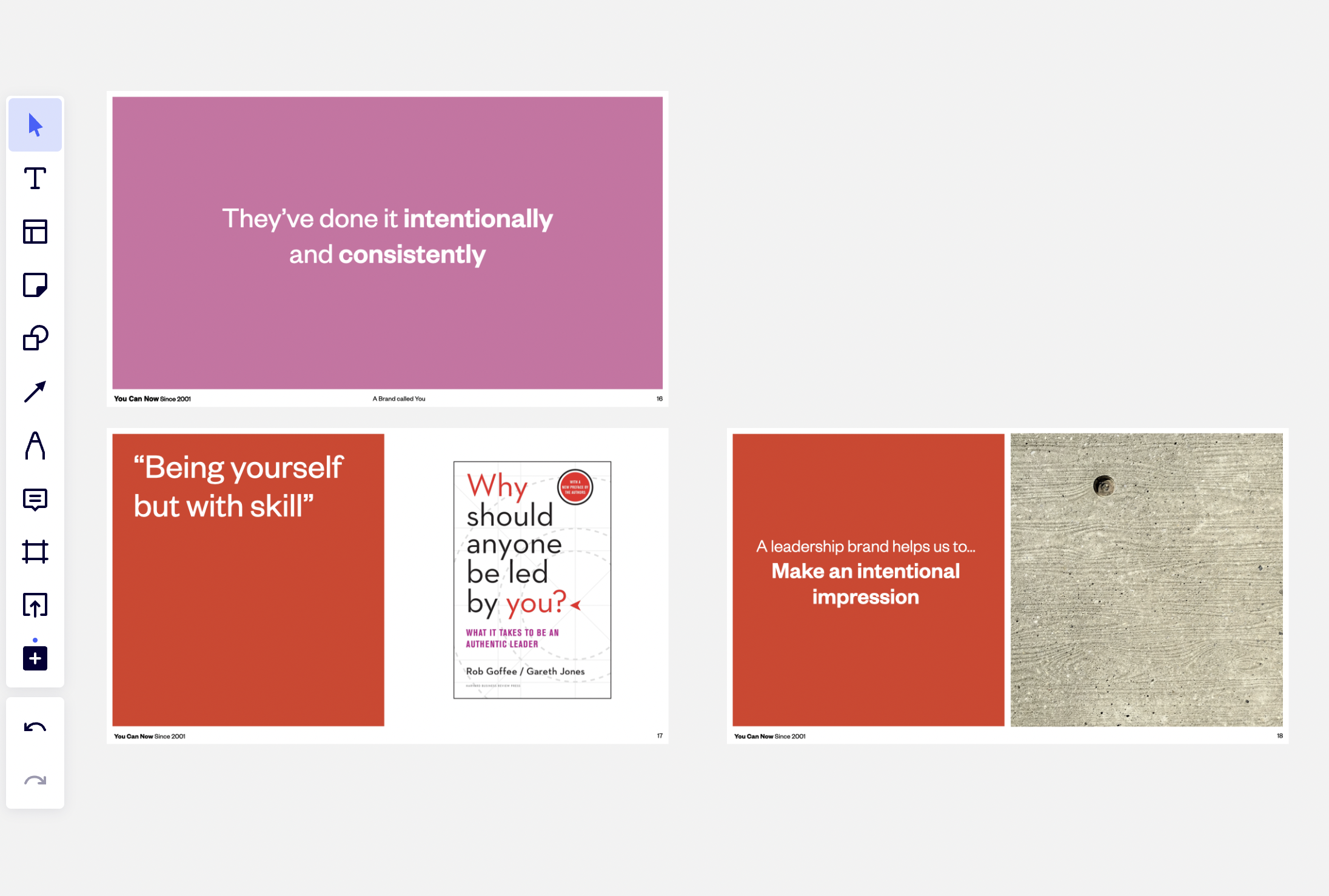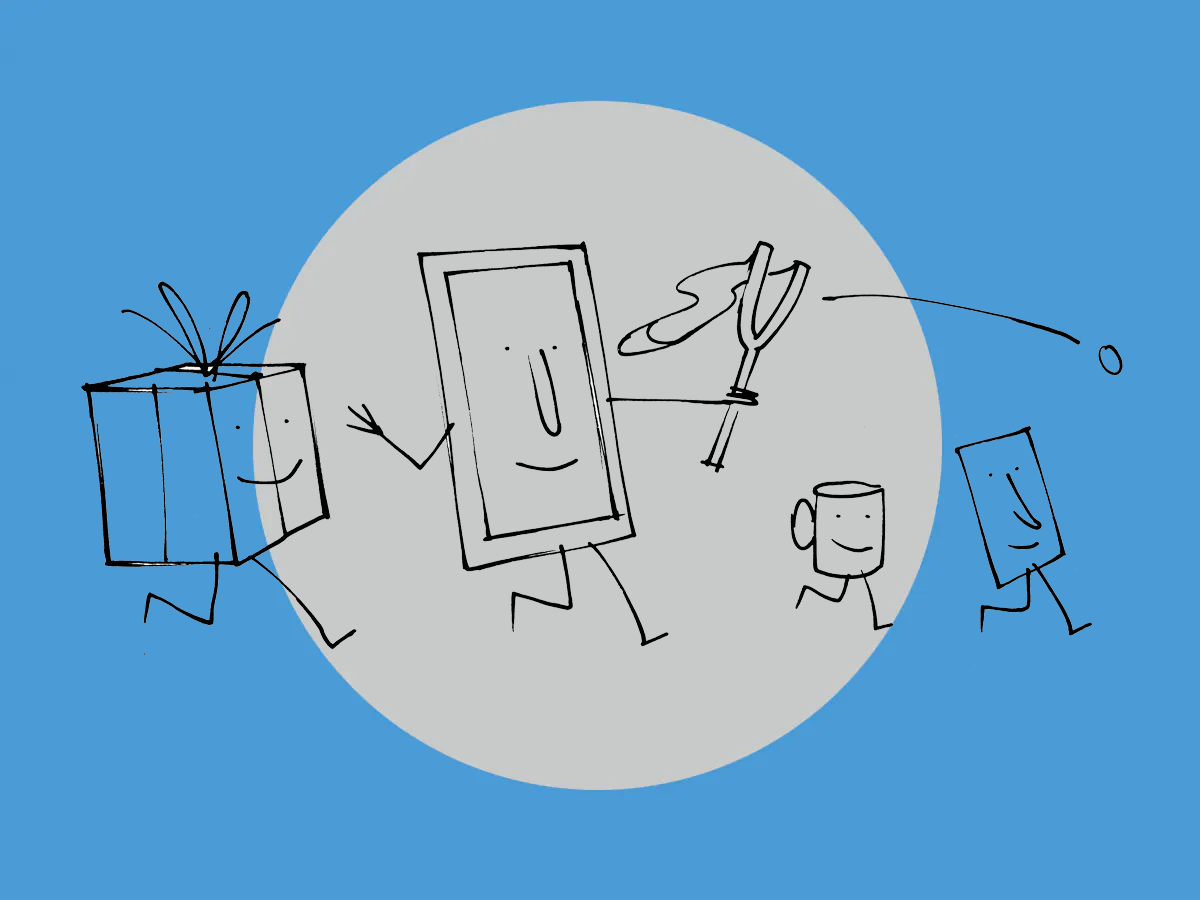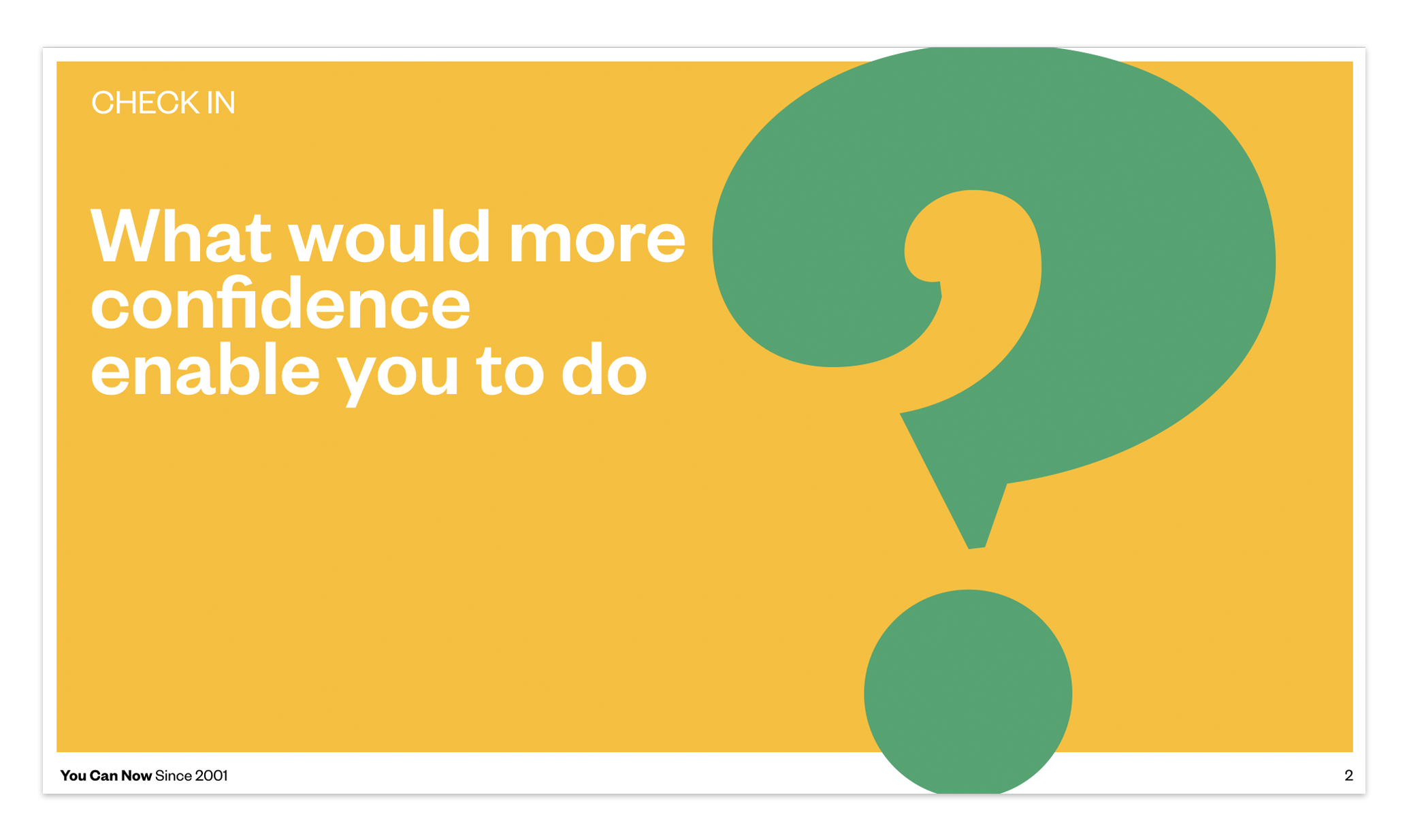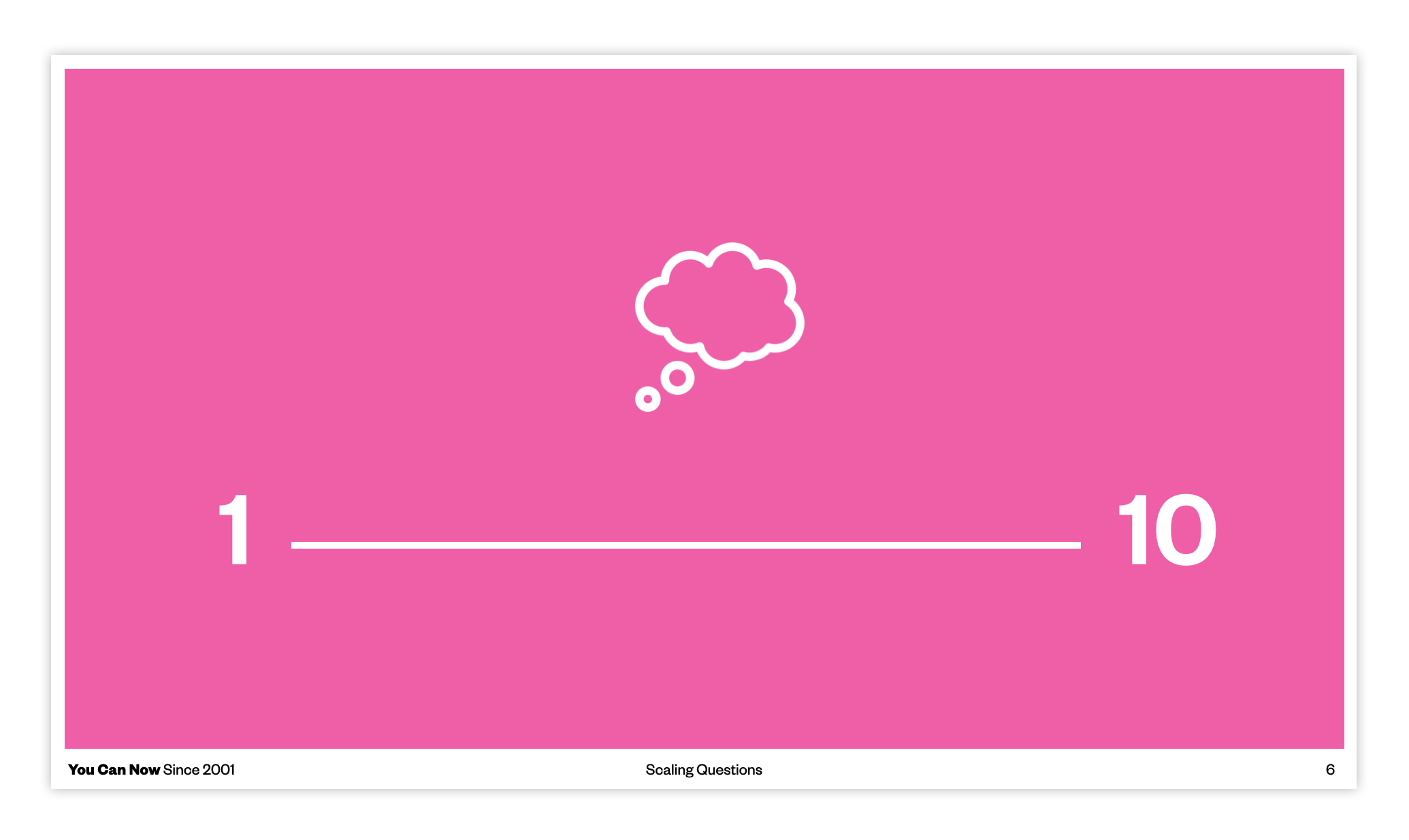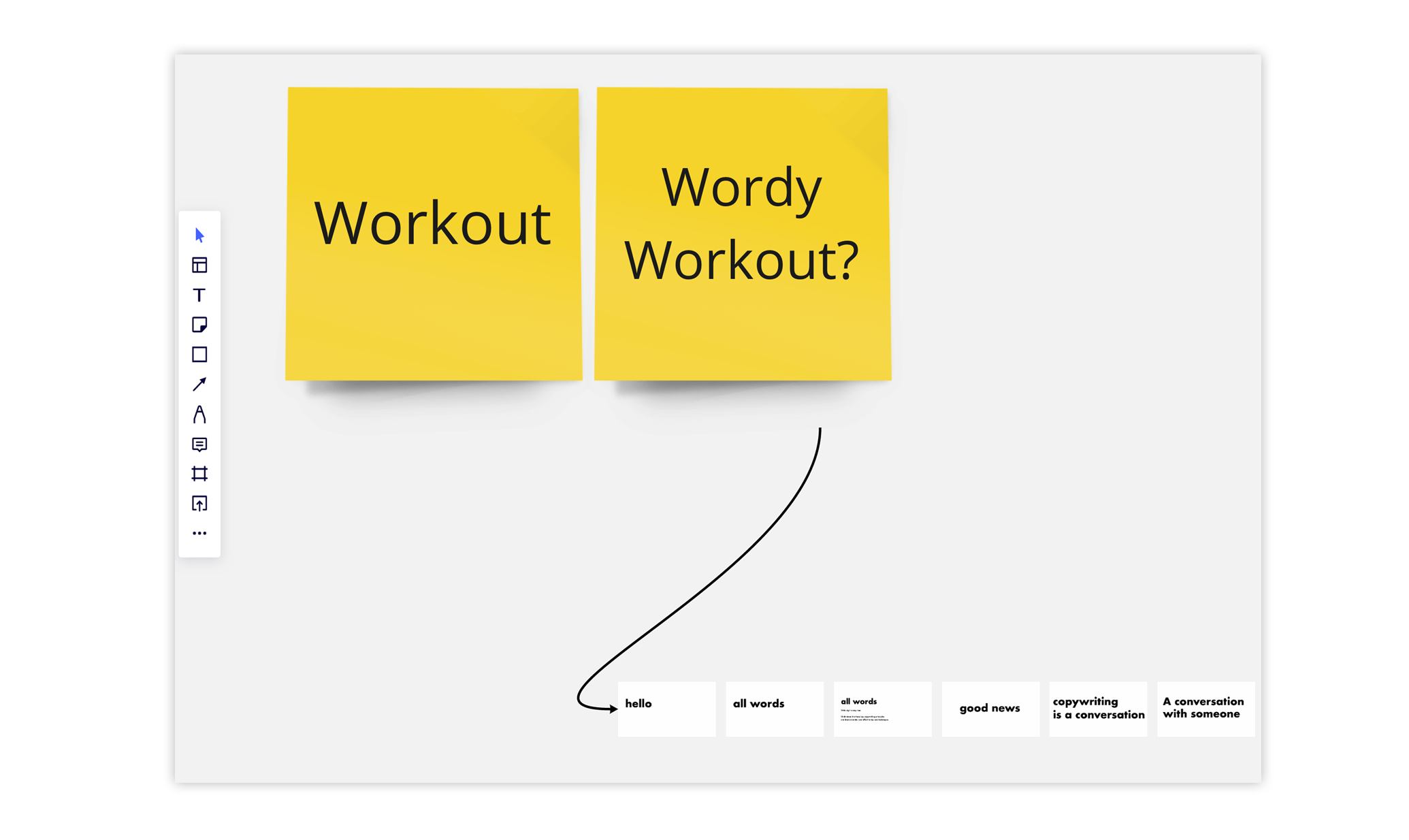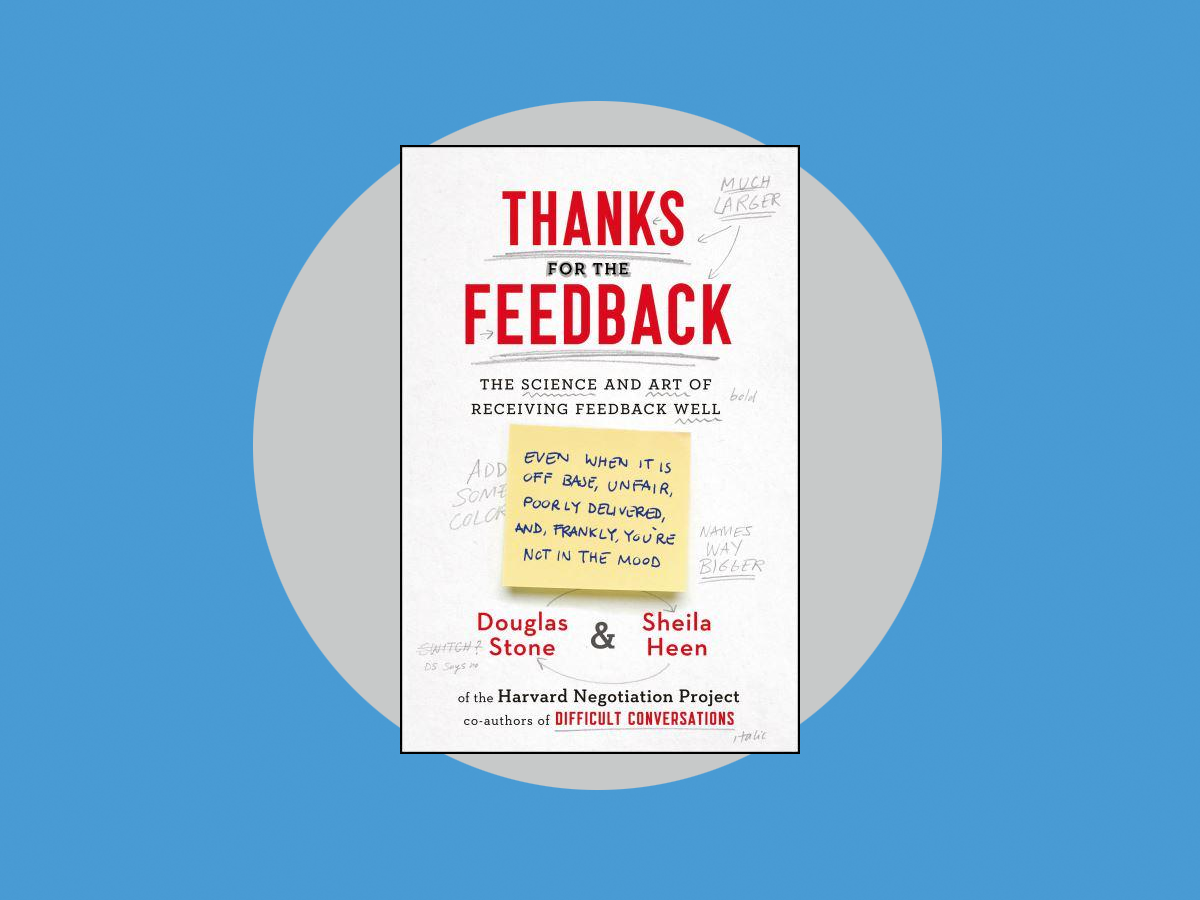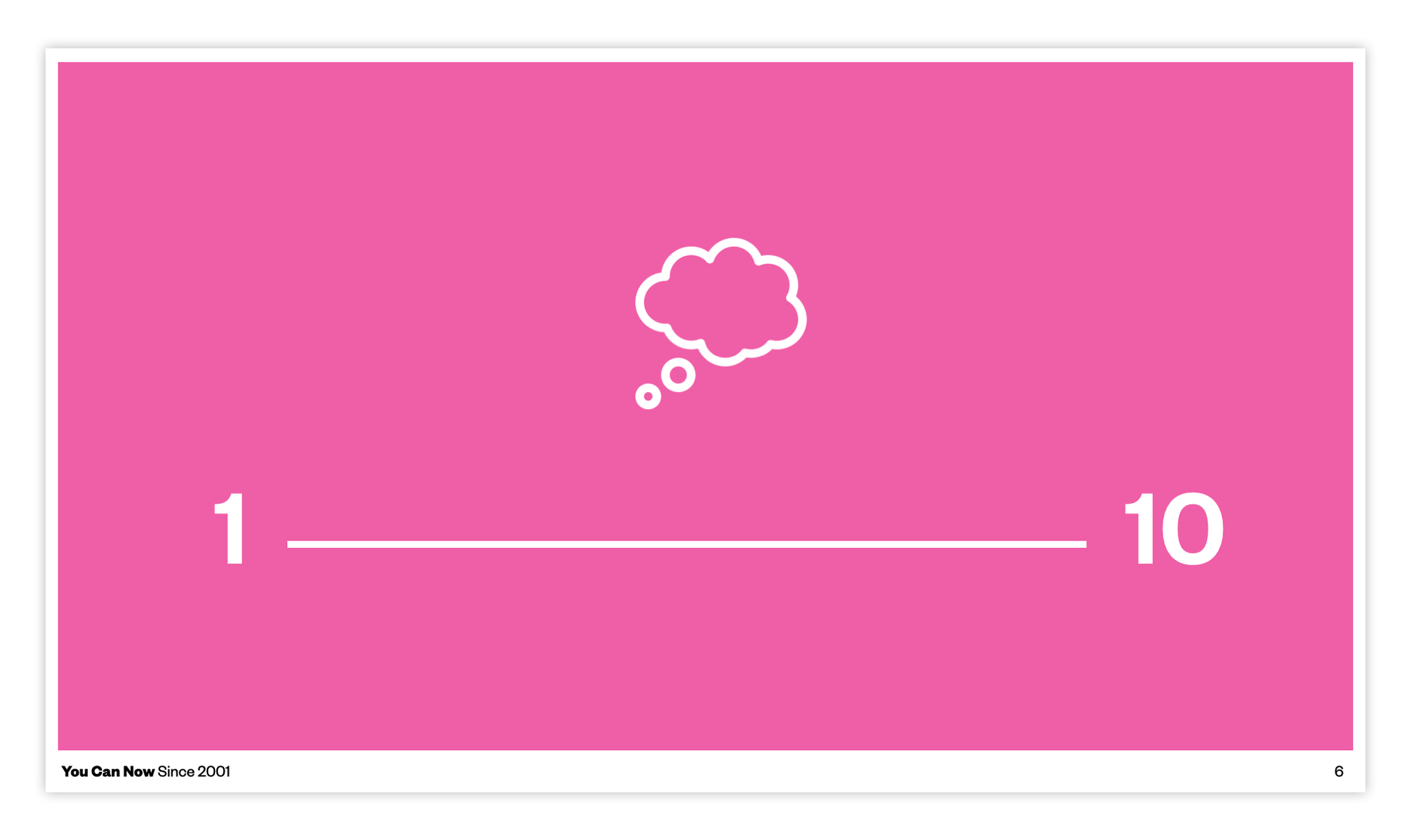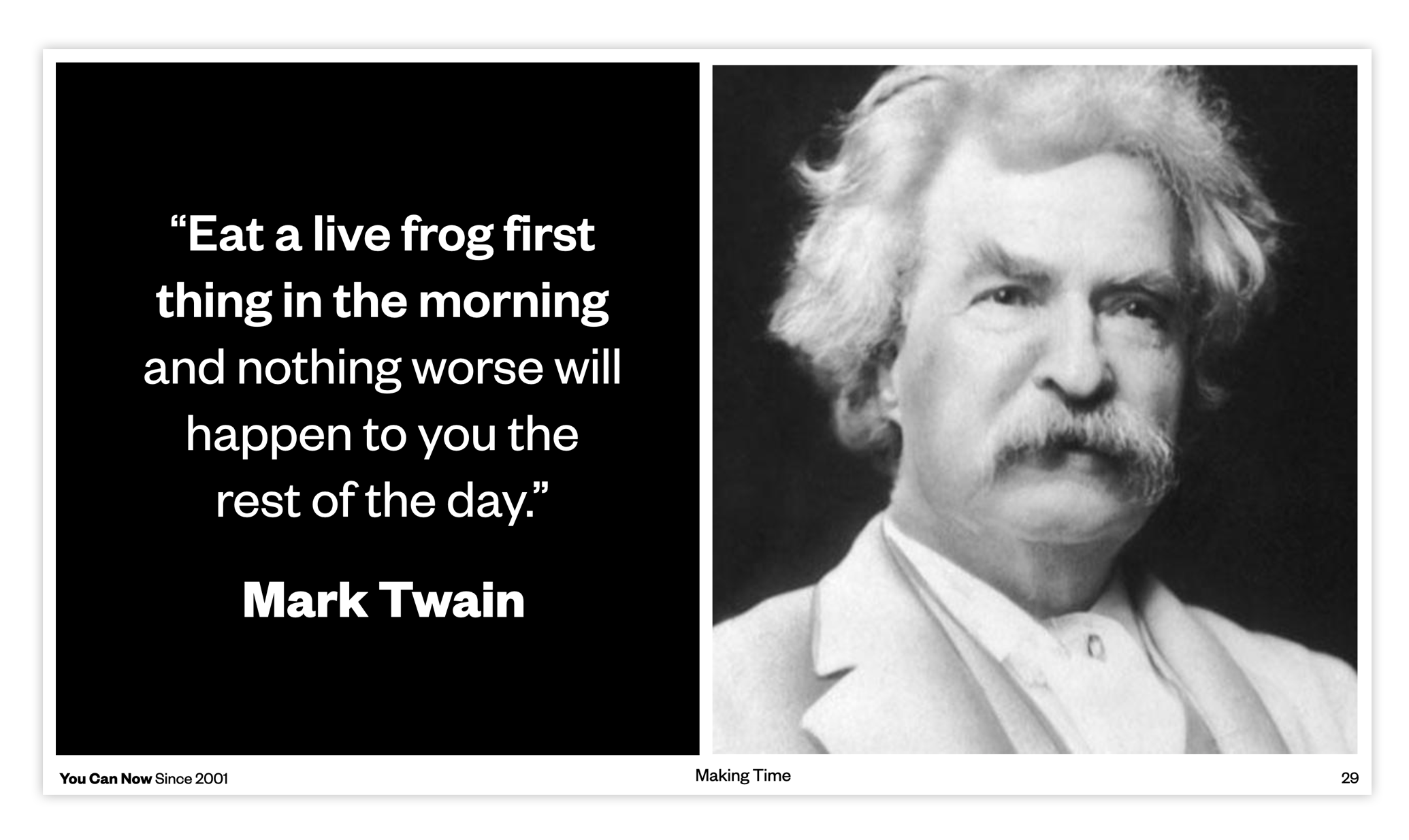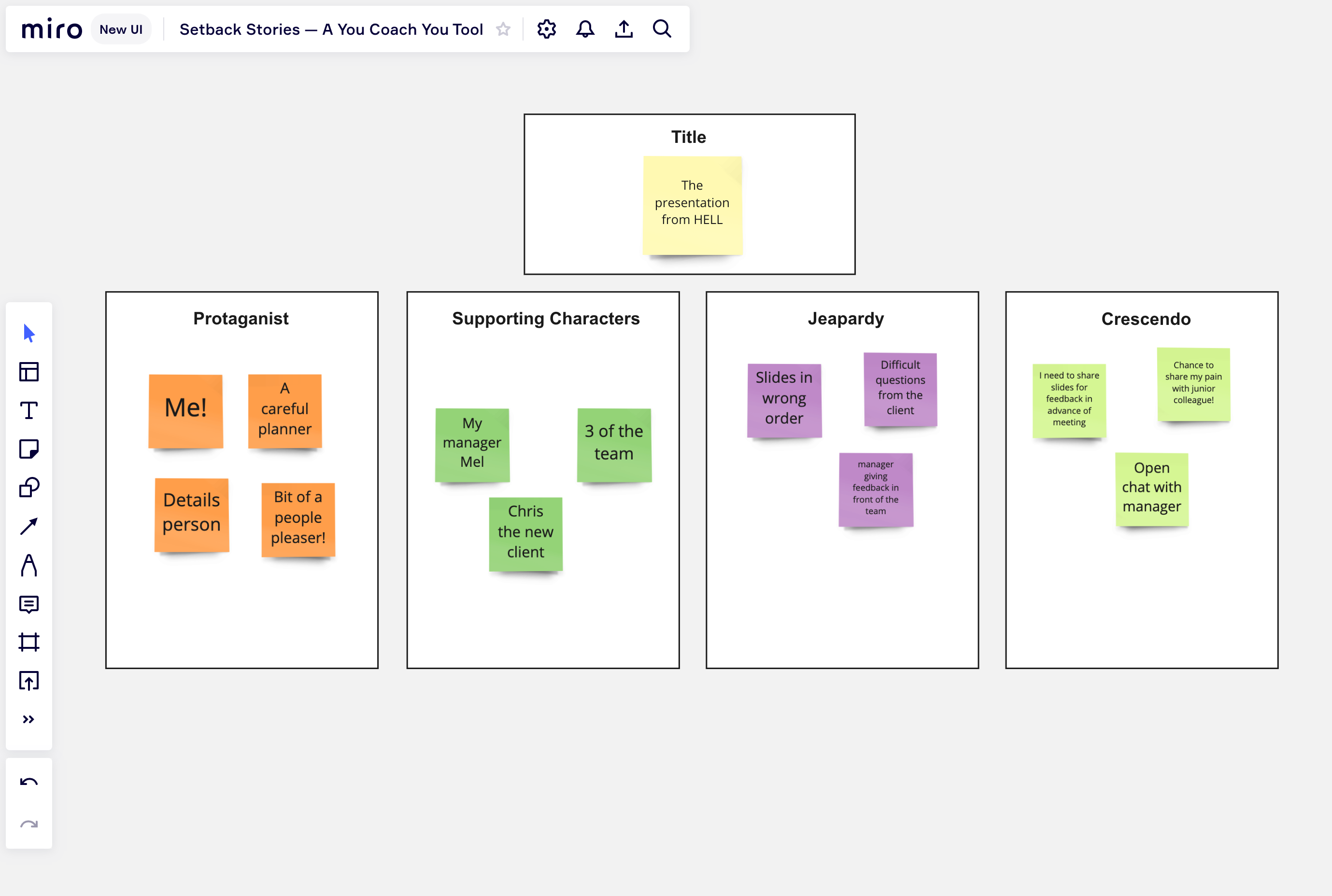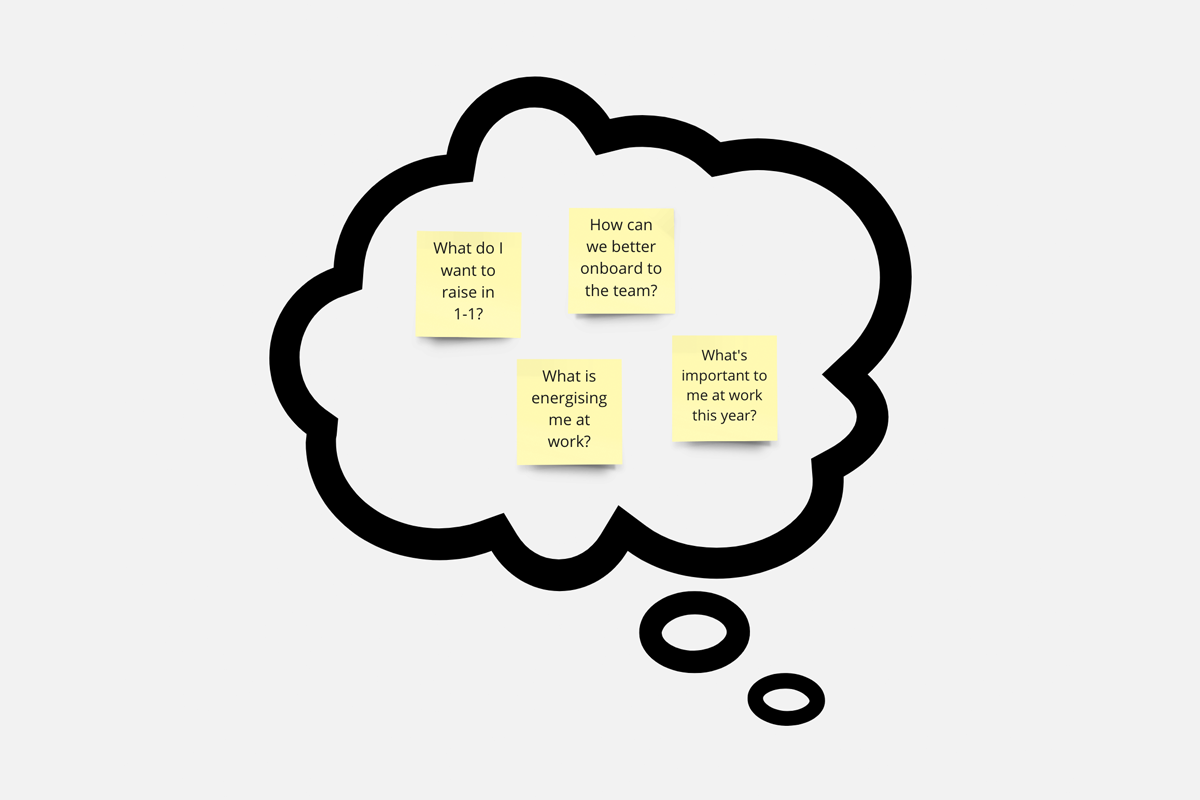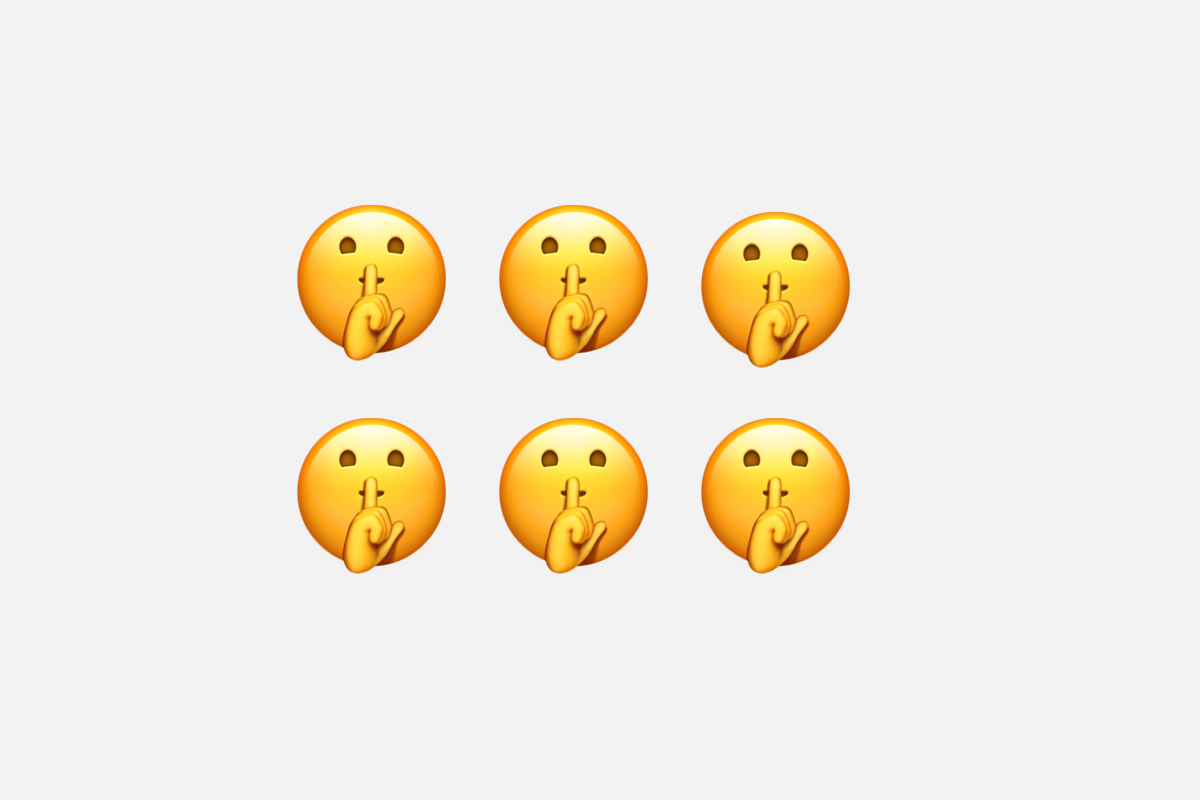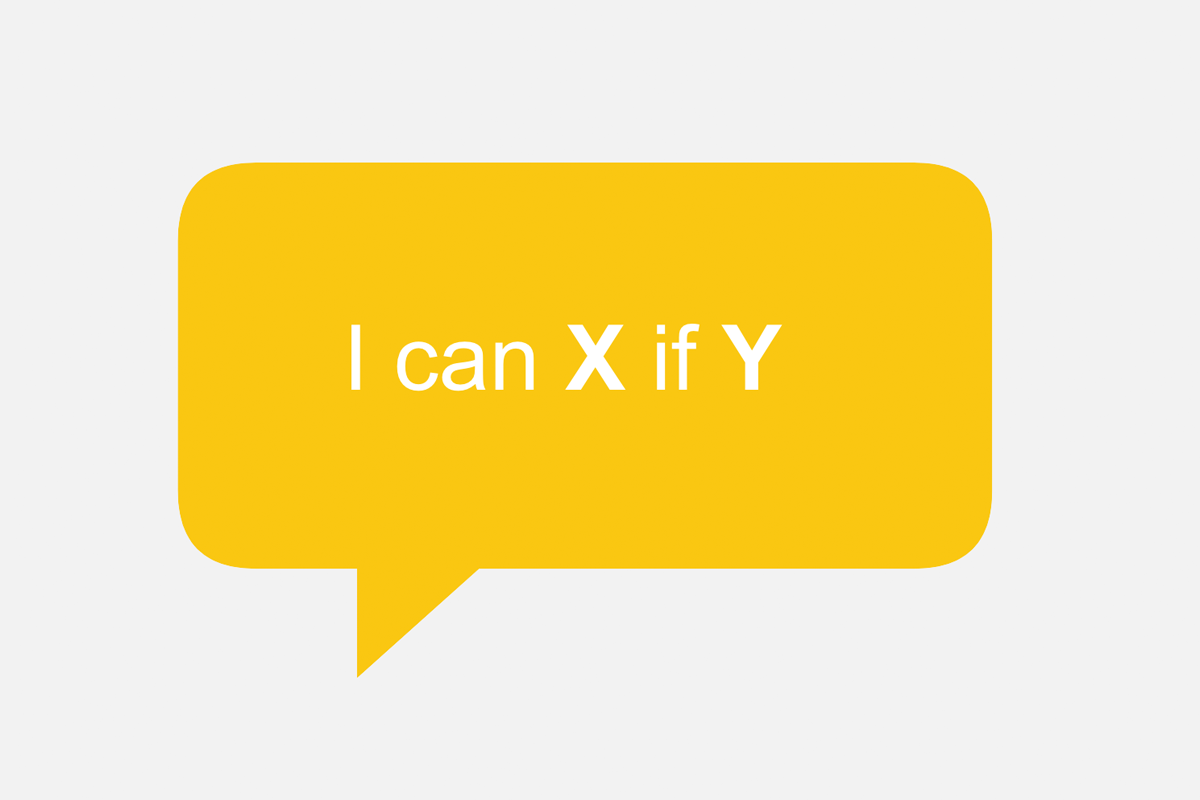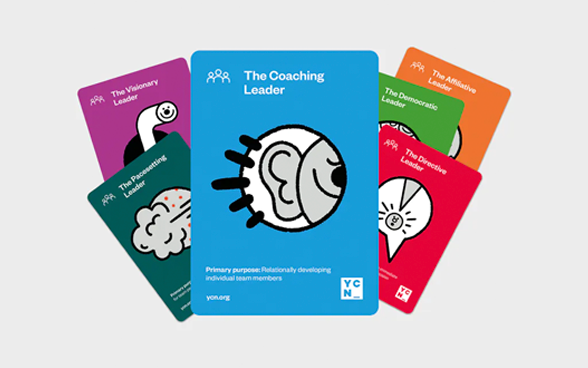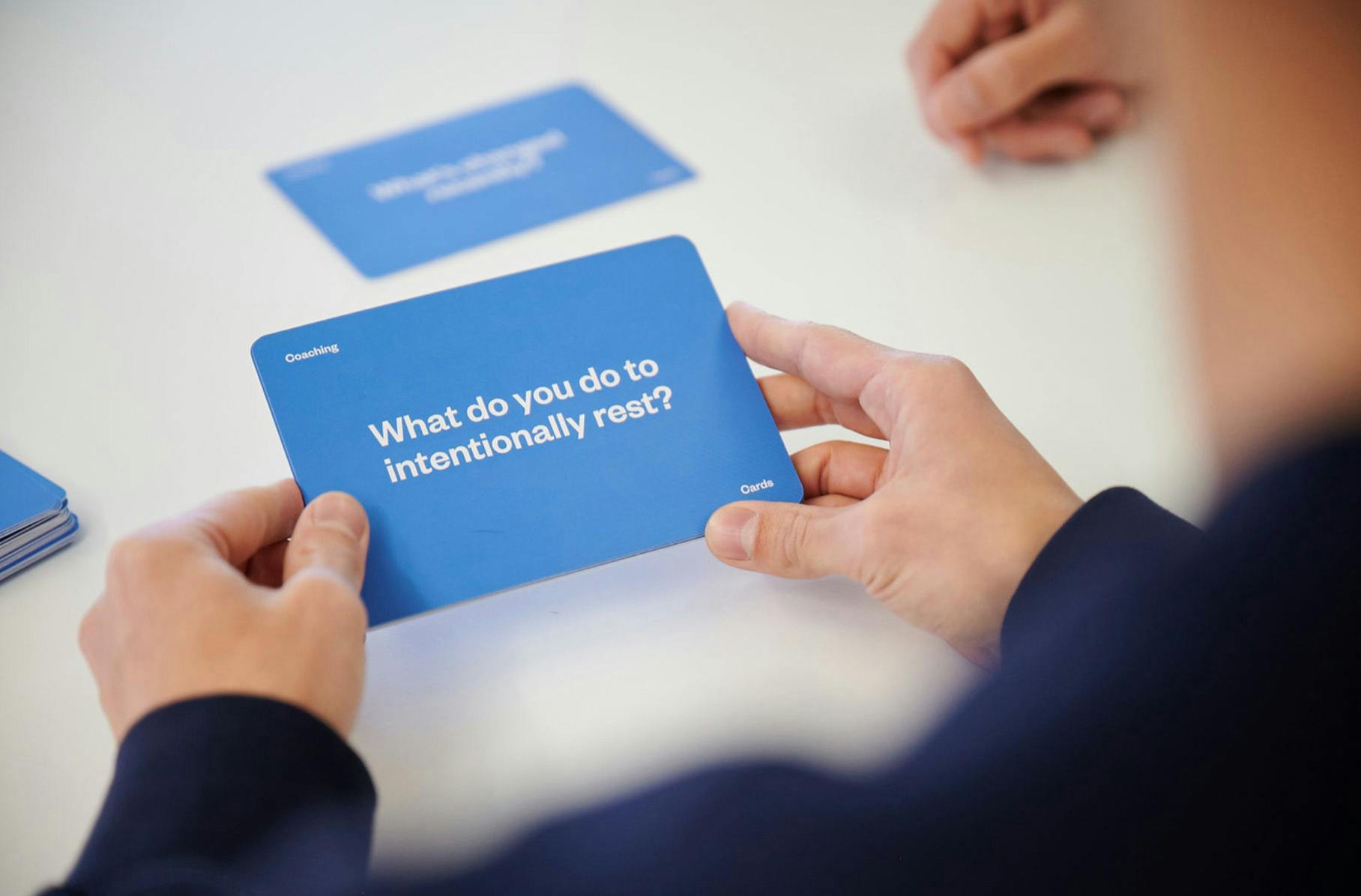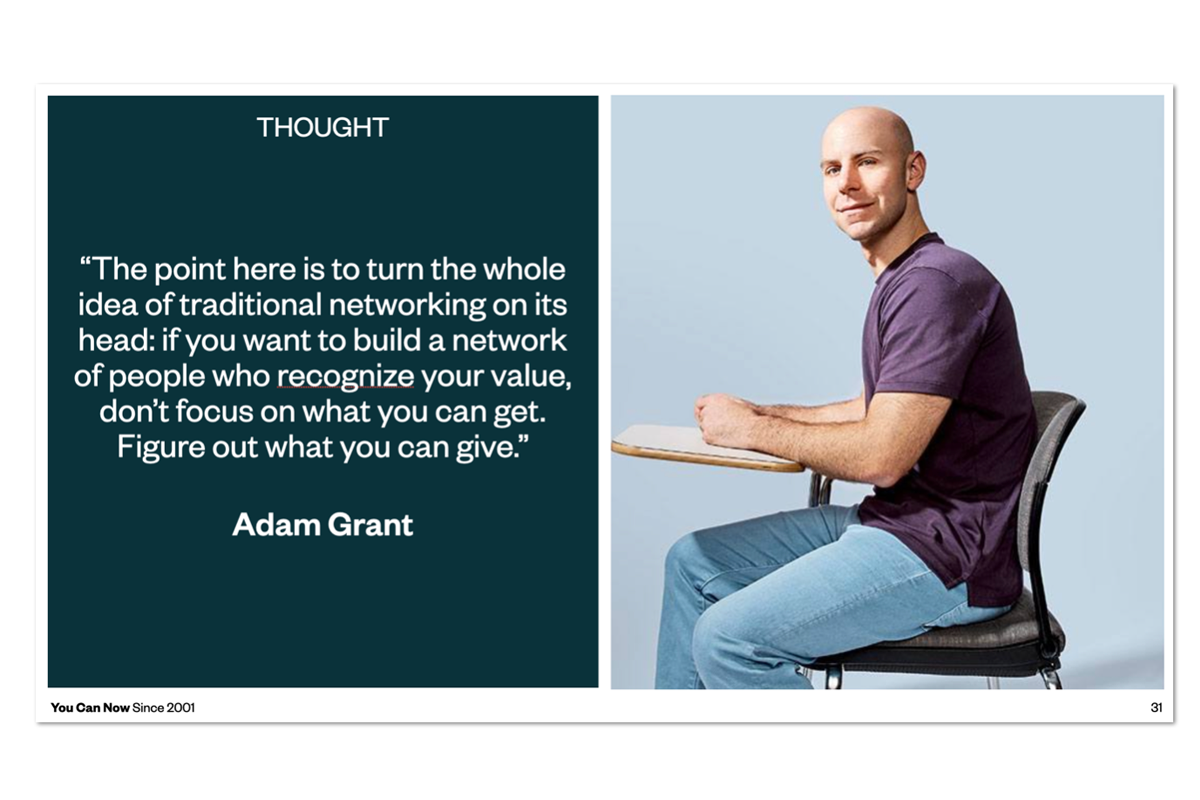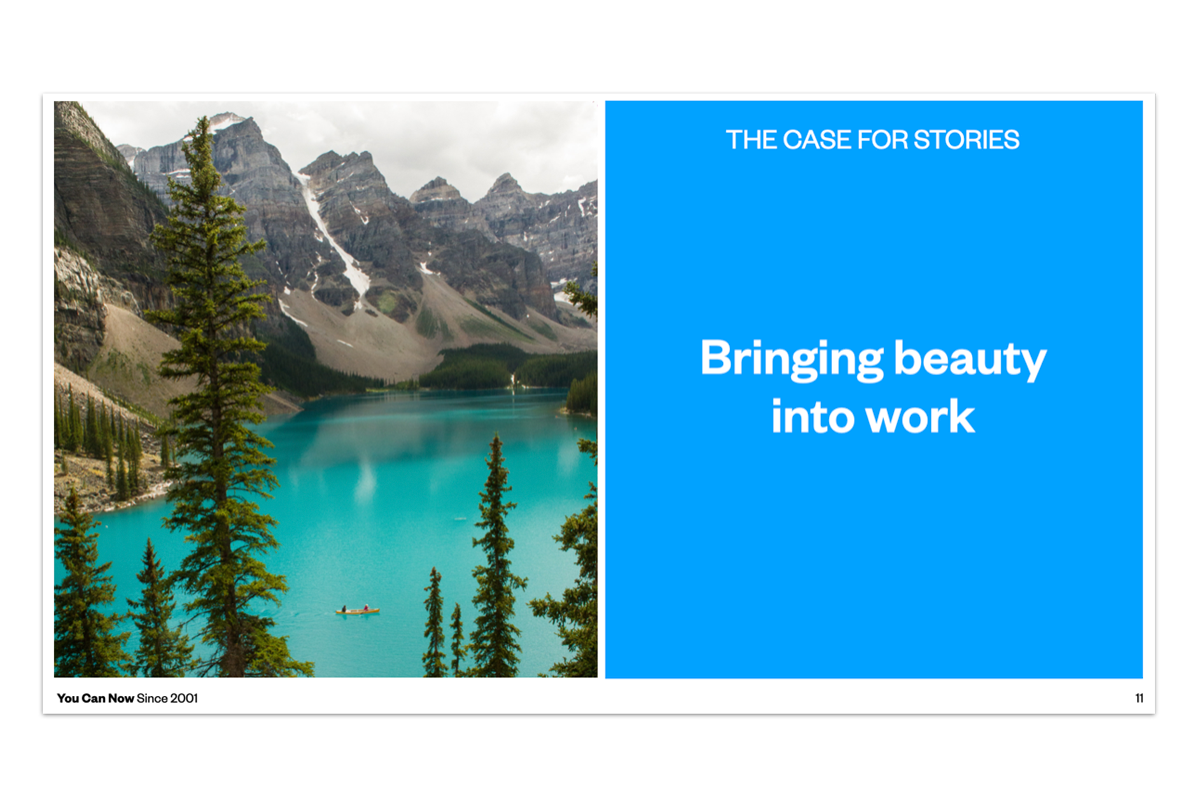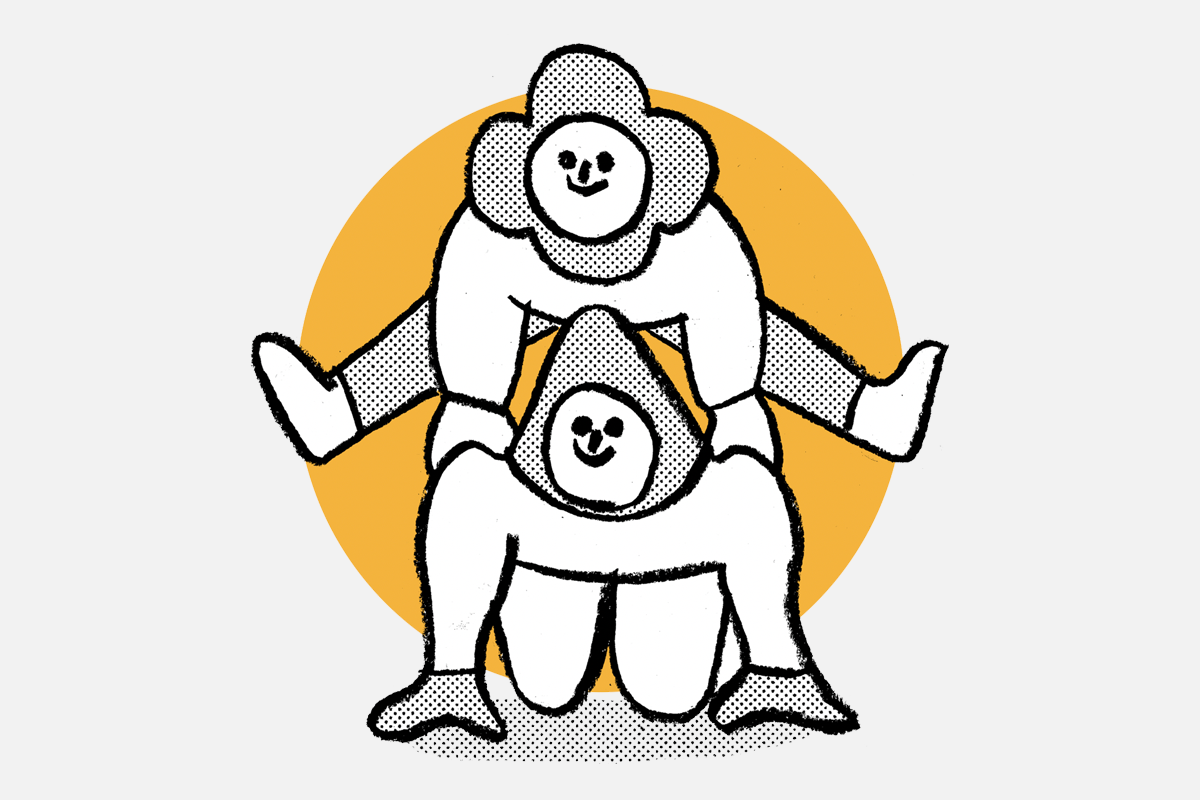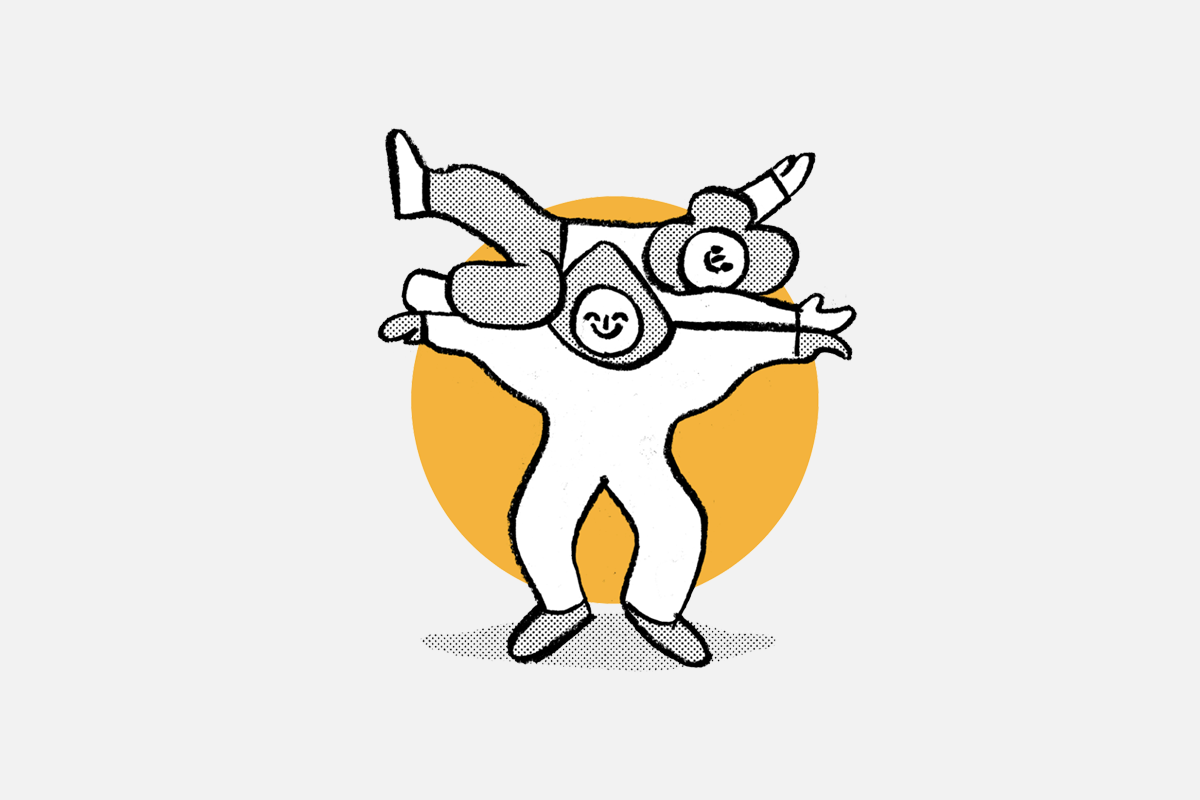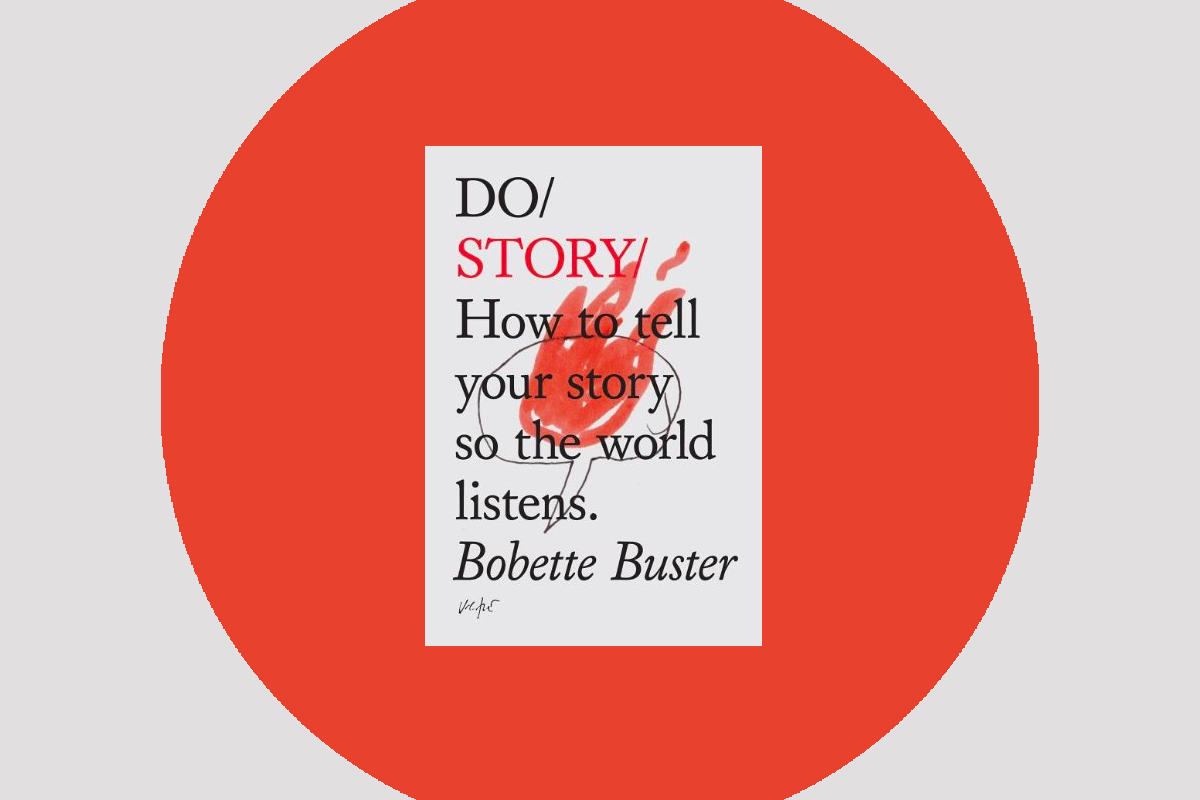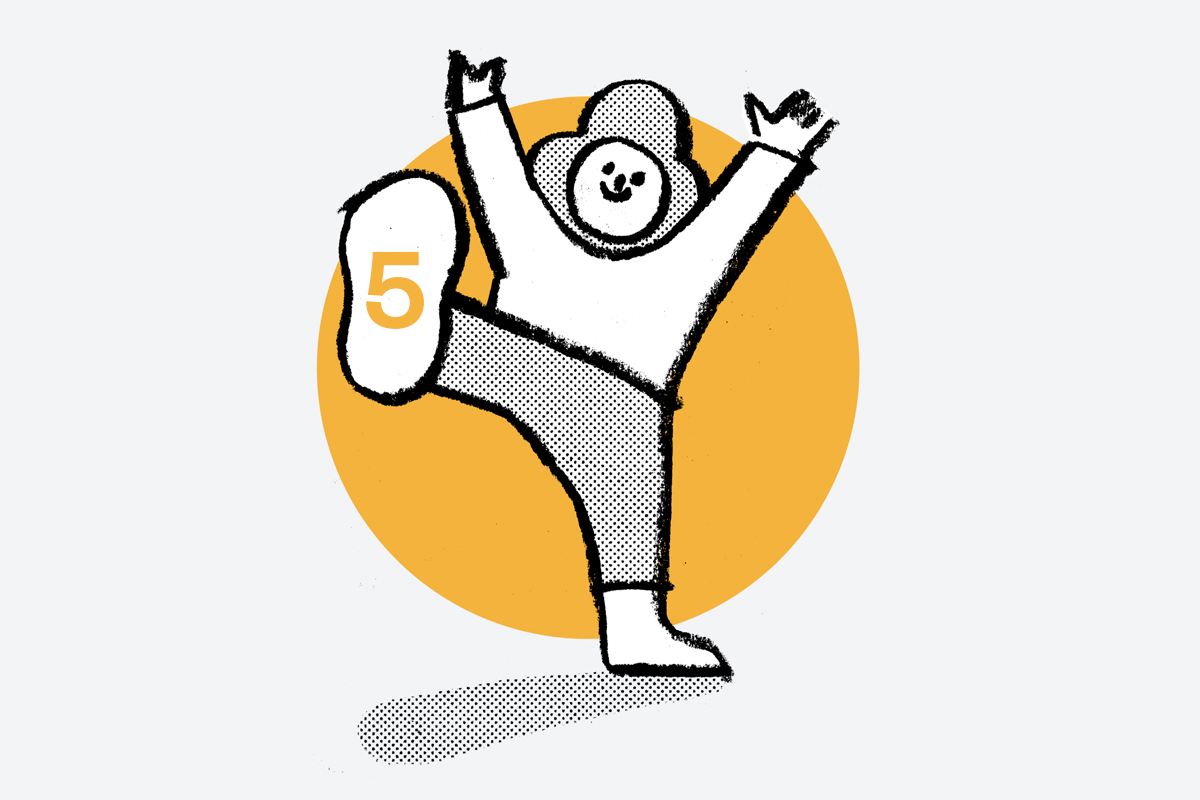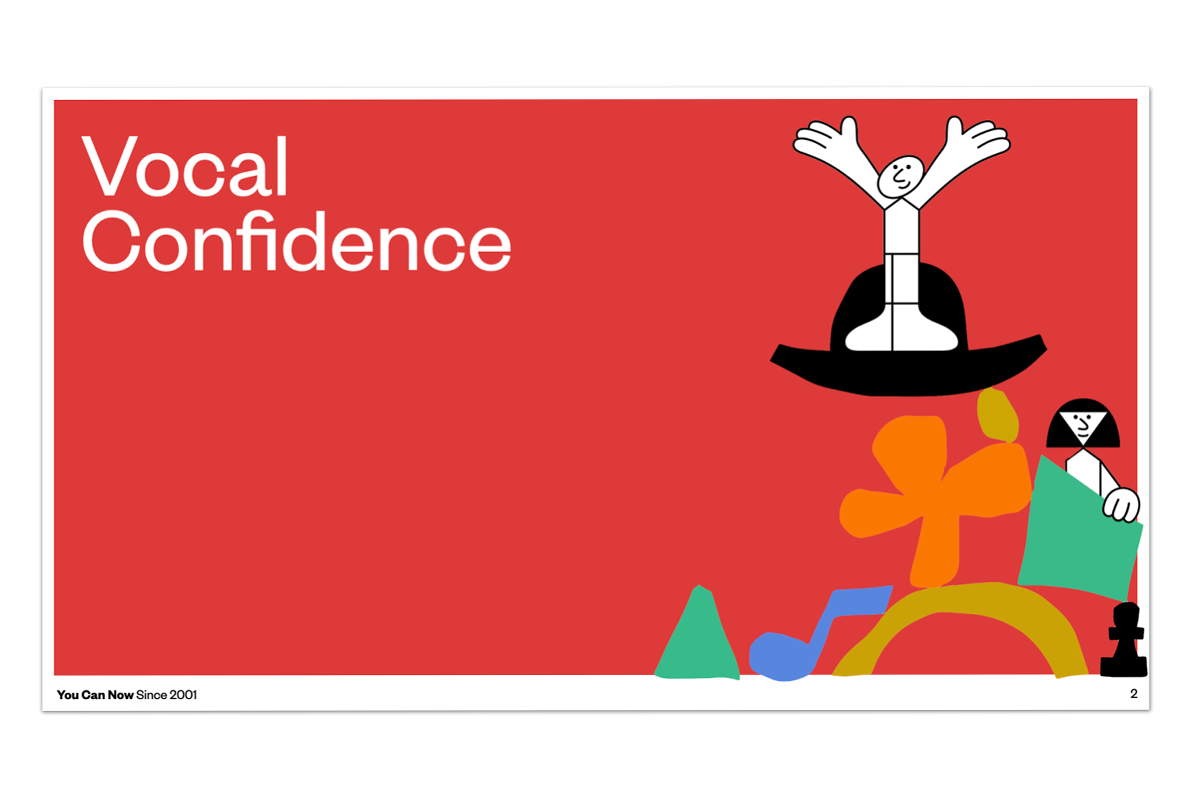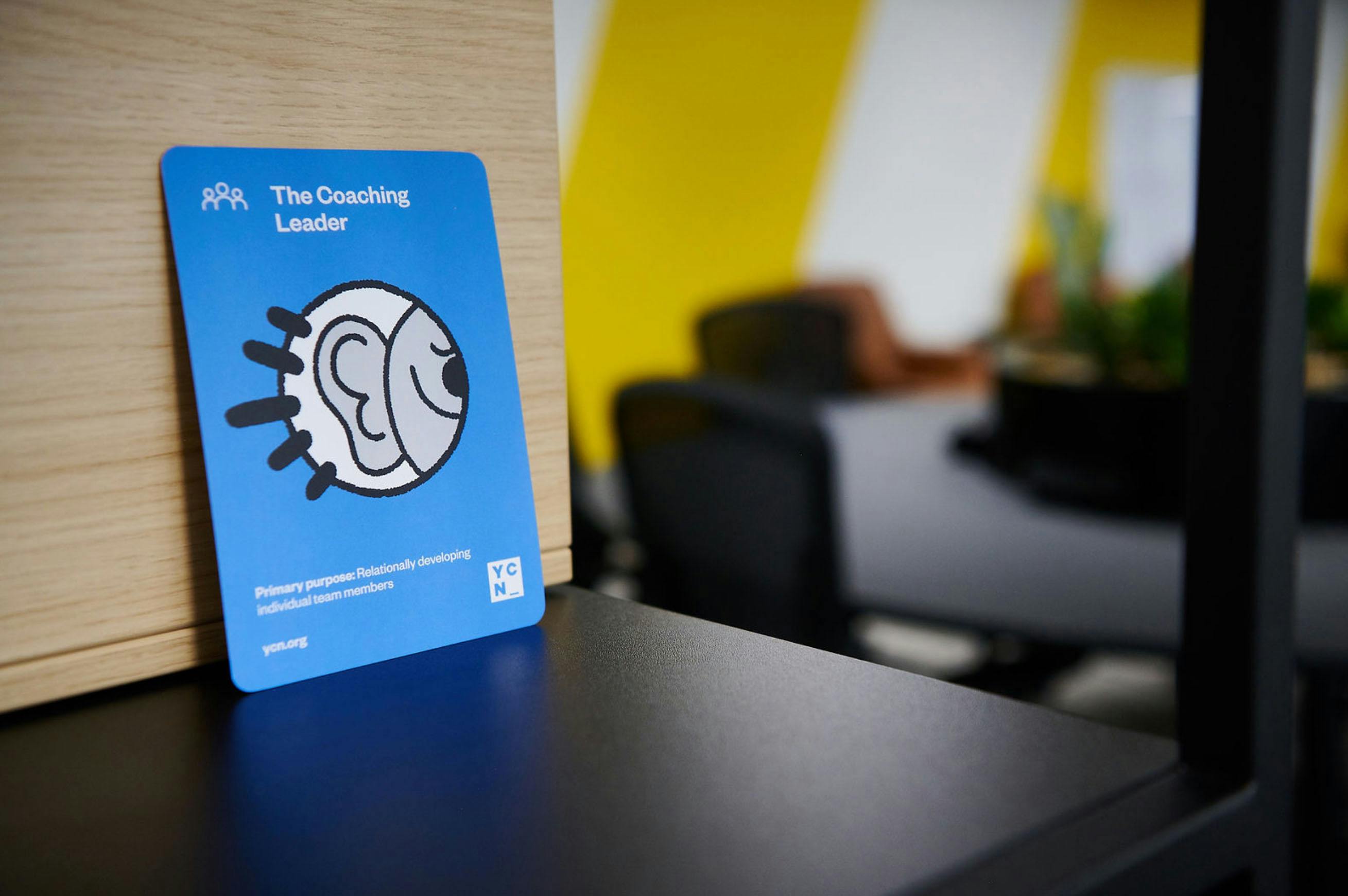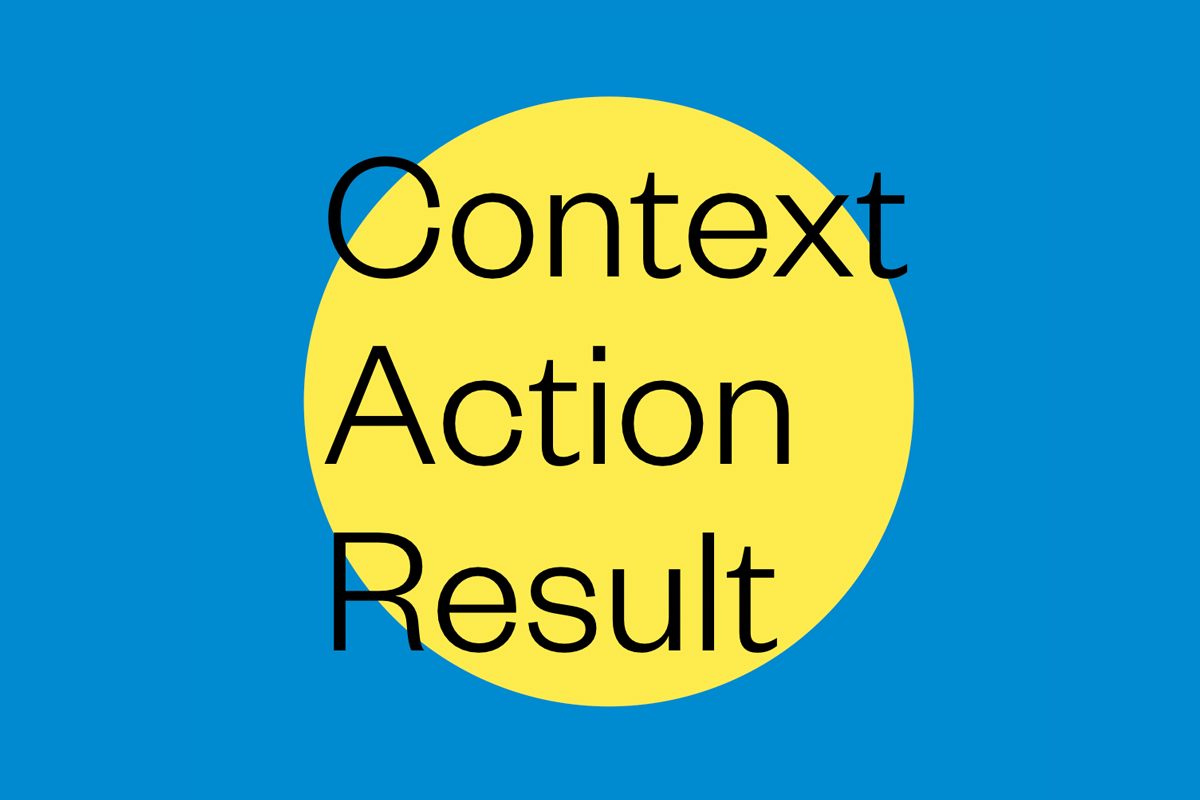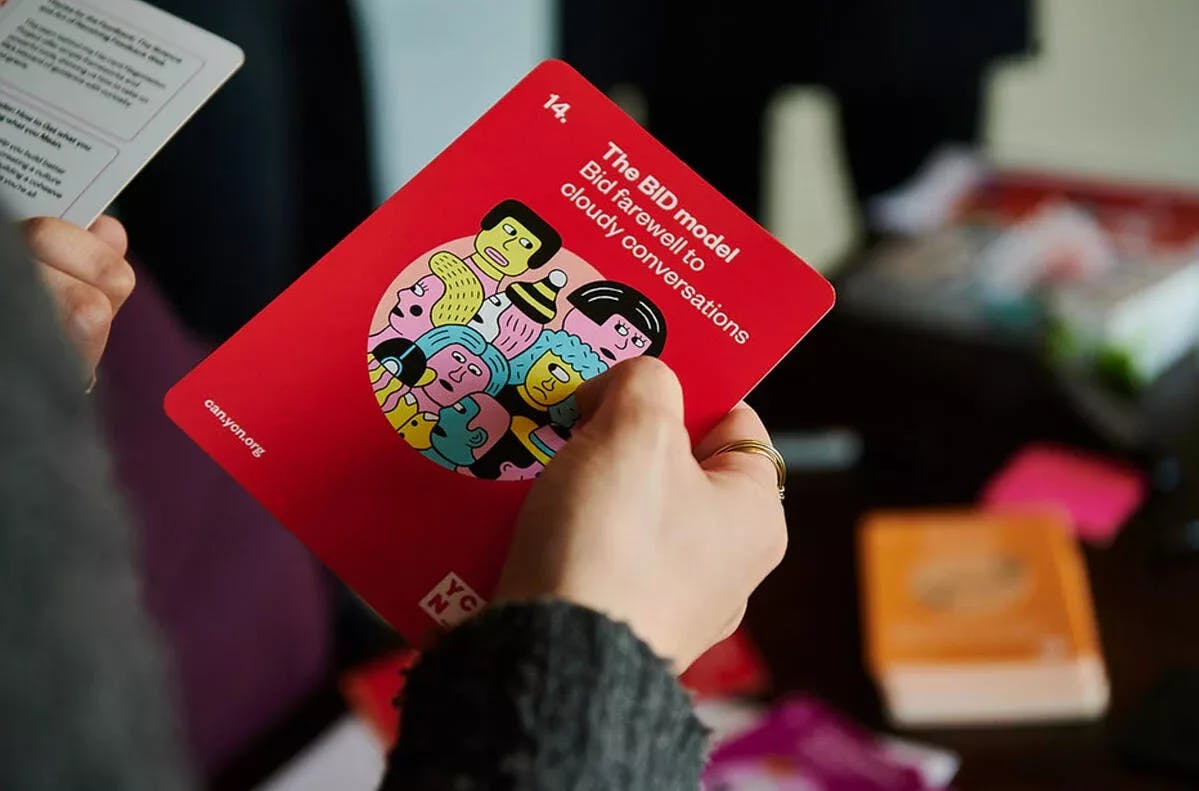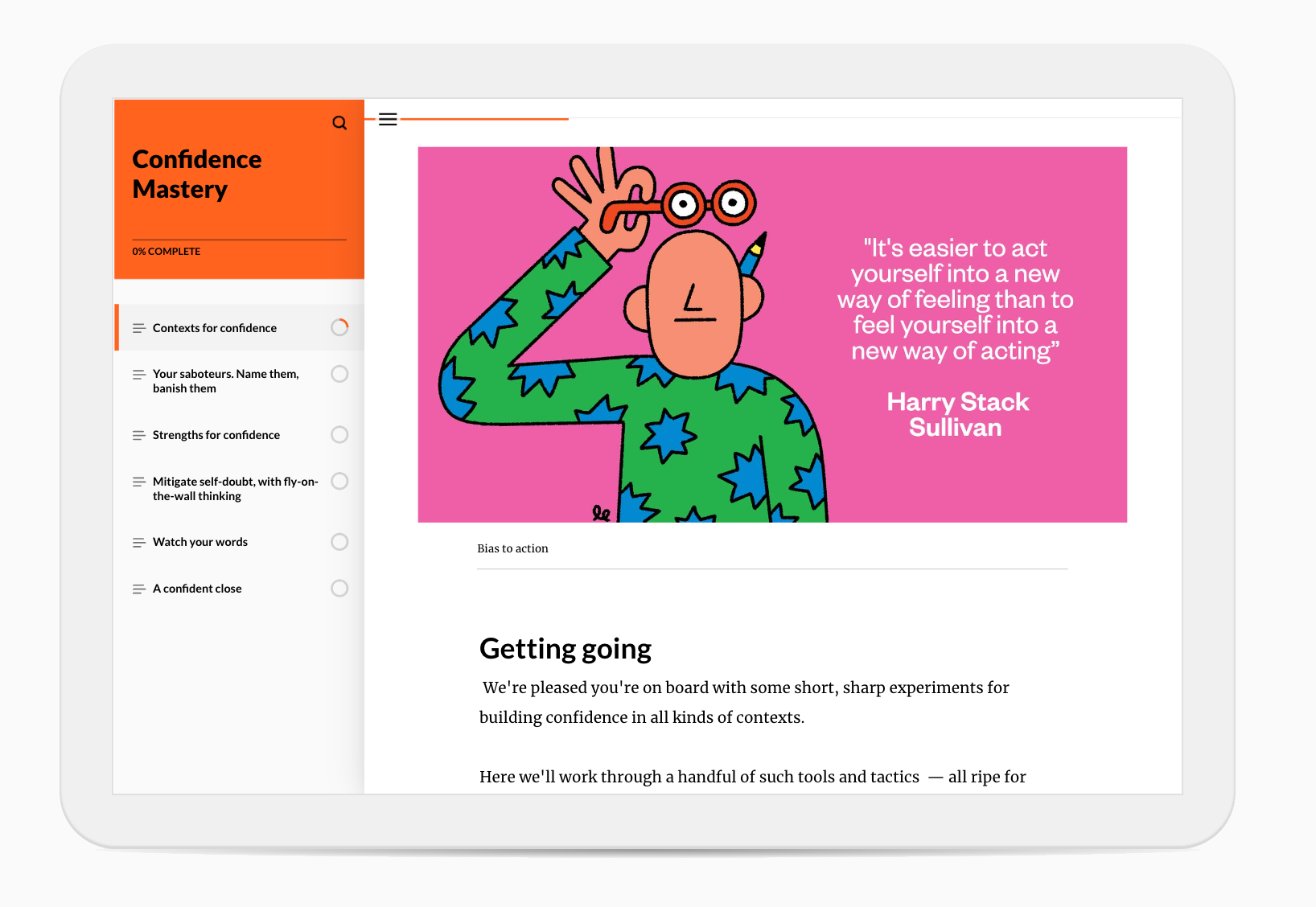Personal Effectiveness
Smart ways to frame questions in your next mentoring session

Getting curious with your questions
As a mentee, maintaining a ‘growth mindset’ throughout your relationship is key. Your motivation, curiosity and general yearning for learning will be the driving force towards its success.
Asking good questions is a great way to demonstrate this mindset to your mentor, to open up their own imaginations and to get great answers that you can act on. And so it pays to pause and think about the ways we can frame, and put forward, our questions for maximum impact.
As you'll see, specificity is key
It pays to be focussed when it comes to finding things out.
For example, rather than ‘How can I improve my public speaking?’ consider how you could re-frame the question to pinpoint some specific areas of personal progression. So you might reword the question as ‘In my last presentation my nerves got the better of me. What do you do to avoid nervousness when speaking in public or speaking to a crowd?'
Compare the two. Which do you think would lead to more personally actionable advice? Considering our questions in this way helps us reflect on the actual areas we're keen to get some input on; a really useful 'self-coaching' technique.
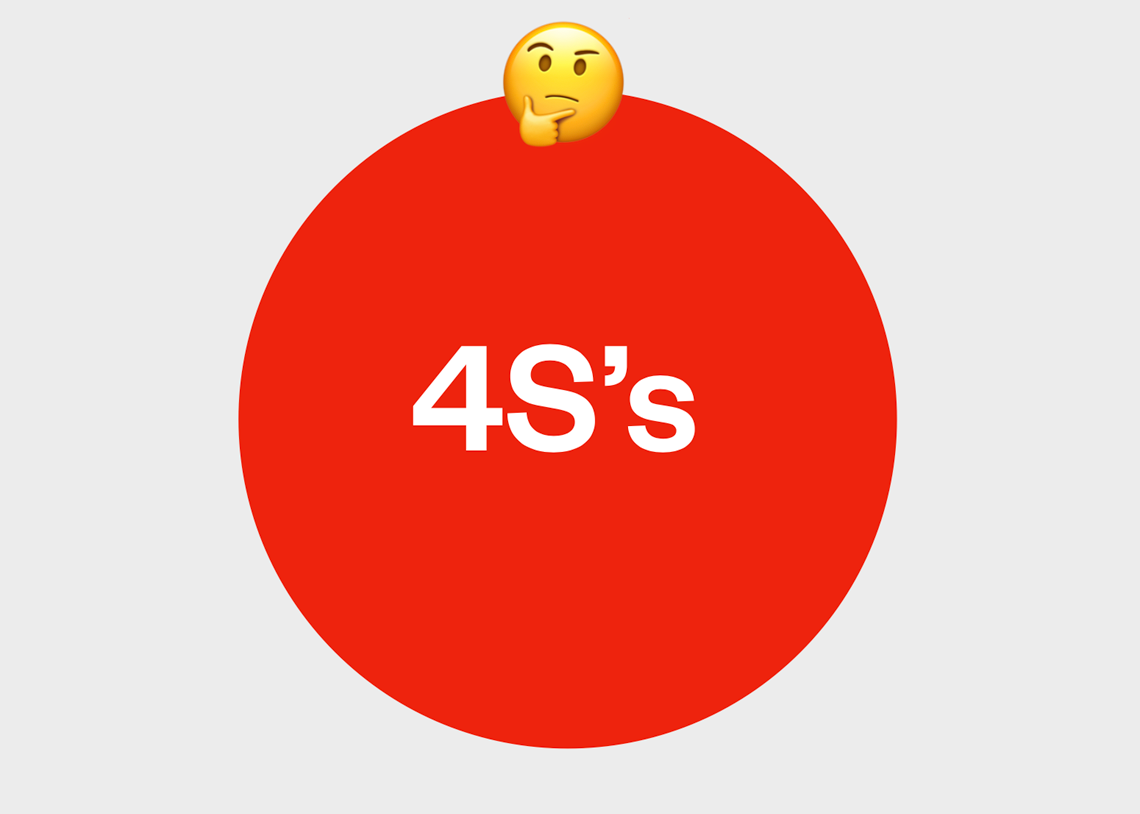
There's more to explore
Below you'll find further examples and guidance on asking more purposeful and propelling questions. They're broken into four categories to help you structure your thinking — Situational, Storytelling, Self-awareness and Skills building.
We’ve added more examples of good 'question framing' throughout, helpful we hope as a jumping off point to inspire your own.
Let’s dive in!
Situational Questions
If you’re looking for advice on a particular problem, or need some guidance through a tough time, well-framed Situational questions can be helpful.
👉 Rather than ‘How can I get more important jobs?’ ask ‘How can I let my boss know that I’d like to be involved in this upcoming project?
👉 Rather than ‘How can I broaden my skill set?’ ask ‘What skills do you believe will be important for me going forward?’
👉 Rather than ‘How should I deal with the feedback I’ve been given?’ ask ‘My boss has told me I need to be a more strategic thinker. In your opinion, what does that mean, and what should I be doing to meet their expectations?’
👉 Rather than ‘What do I do?’ ask ‘My lack of career progression is making me feel stuck. What are some things I can do to remedy this issue?’
Storytelling Questions
Asking your mentor to walk you through their journey can shed some light on your own, and create a connection that makes the obstacles you face seem less daunting. The way you frame your questions will be key, as these further examples show.
👉 Rather than ‘I feel so silly for making that mistake. What do I do?’ ask ‘Have you ever made a mistake in the past? What steps did you take to bounce back?’
👉 Rather than ‘My boss is driving me crazy, what can I do?’ ask ‘Have you ever had a difficult boss? How did you deal with it?’
👉 Rather than ‘How can I boost my networking skills?’ ask ‘How did you develop the skills to network with such ease?’
👉 Rather than ‘What can I do about imposter syndrome?’ ask ‘Do you ever get imposter syndrome? How did you learn to get over it?'

Self-awareness Questions
Self-awareness is a crucial skill in work, and in your mentoring relationship. An understanding of your skills and strengths can lead to powerful shifts in your confidence. These kinds of questions shared here can sharpen your insights around interpersonal skills.
👉 Rather than ‘Are my strengths being noticed?’ ask ‘In your opinion, where do you believe my strengths lie?'
👉 Rather than ‘How can I up my gravitas?’ ask ‘Could you give me one area of advice to experiment with in terms of improving my sense of gravitas?'
👉 Rather than ‘Why did nobody understand my idea in the pitch meeting?’ ask ‘What is something I can do to communicate my ideas more clearly in the next pitch meeting?’
👉 Rather than ‘What are my weaknesses?’ ask ‘What do you believe one of my blindspots is. What can I do to improve it?'
Skills-building Questions
Skill-building questions help identify specific areas of improvement in the skills you may, or may not, already have. And, as with all the examples we've seen so far, the way you frame your questions will make all the difference.
👉 Rather than ‘How can I ask for a raise?’ ask ‘What skills should I demonstrate before asking for a raise? How could I practice the negotiation, and with whom?’
👉 Rather than ‘How can I get better at giving feedback?’ ask ‘Could you recommend some specific ways I that could improve my feedback skills, or some resources that have helped you in the same area?’
👉 Rather than ‘How can I move up in the company?’ ask ‘What skills are necessary to move up in the company? What is the first step towards building them?’
Considering our Questions
Taking time to think about the ways we ask questions can yield big shifts in the quality of the answers we get back. Framing our questions well, and getting specific on the areas that we think someone can help us most, will be key to your coming mentoring conversations; keeping them smartly focussed on actionable learning. Why not scan back over the examples shared above, and make a note of 2 or 3 questions that you could ask in a coming conversation? And what new questions have they inspired you to ask?
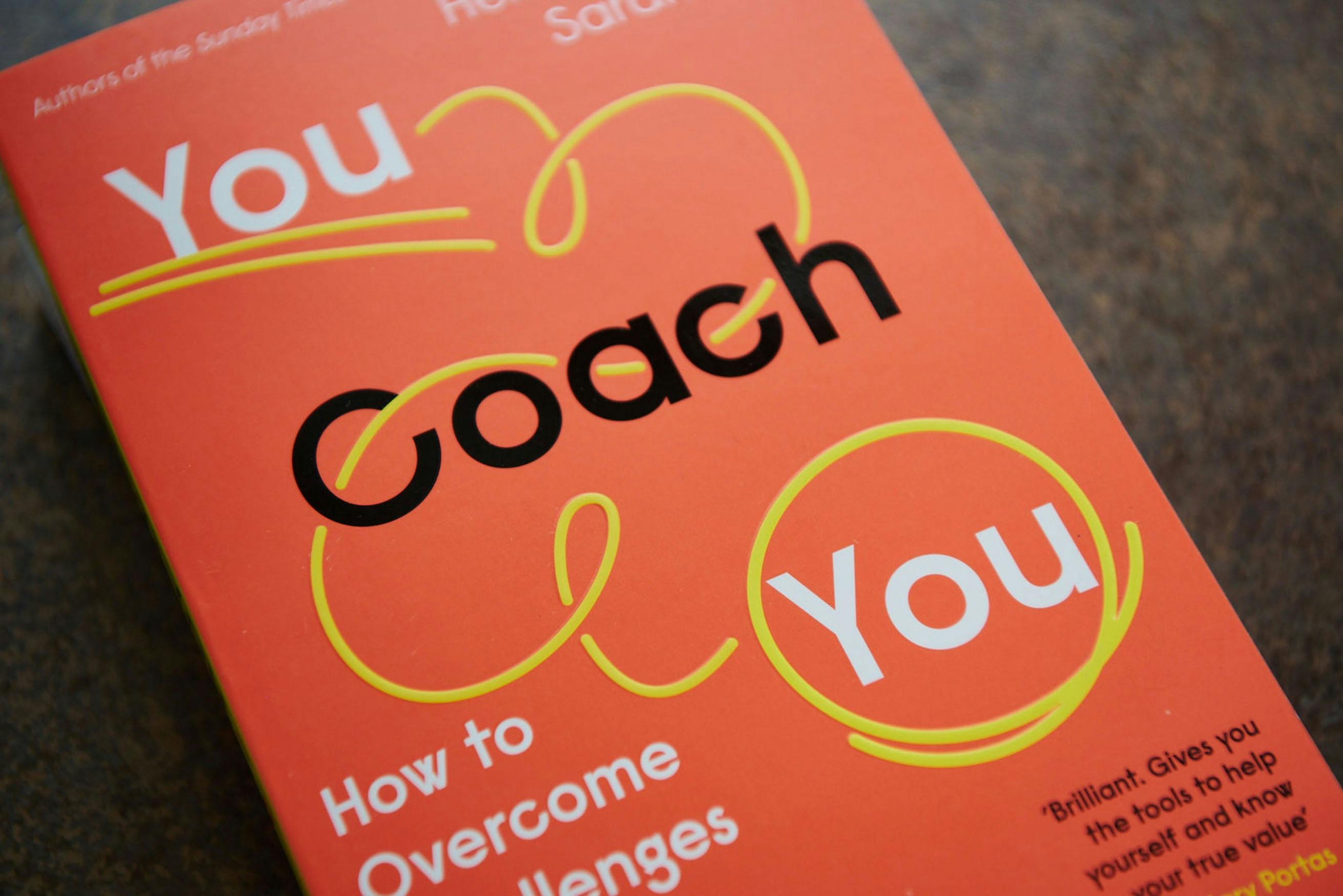
Keen for more?
You Coach You
If you're keen to continually improve your mindset, for making the most of mentoring relationships, then You Coach You is a really relevant read. Co-authored in 2022 by Helen Tupper and Sarah Ellis, it's packed with practical techniques for everyday self-development. And you'll find an interview with Sarah, sharing some smart insights from its pages, here.
Mentoring eCourse
This 15 minute, self-directed eCourse will arm you with some really actionable insights into the power of mentoring, from both a mentor and mentee point of view.
Listen well!
Good questions deserve good listening skills! Try this deep listening exercise for deeper connection and better conversations in your next mentoring meet-up.




